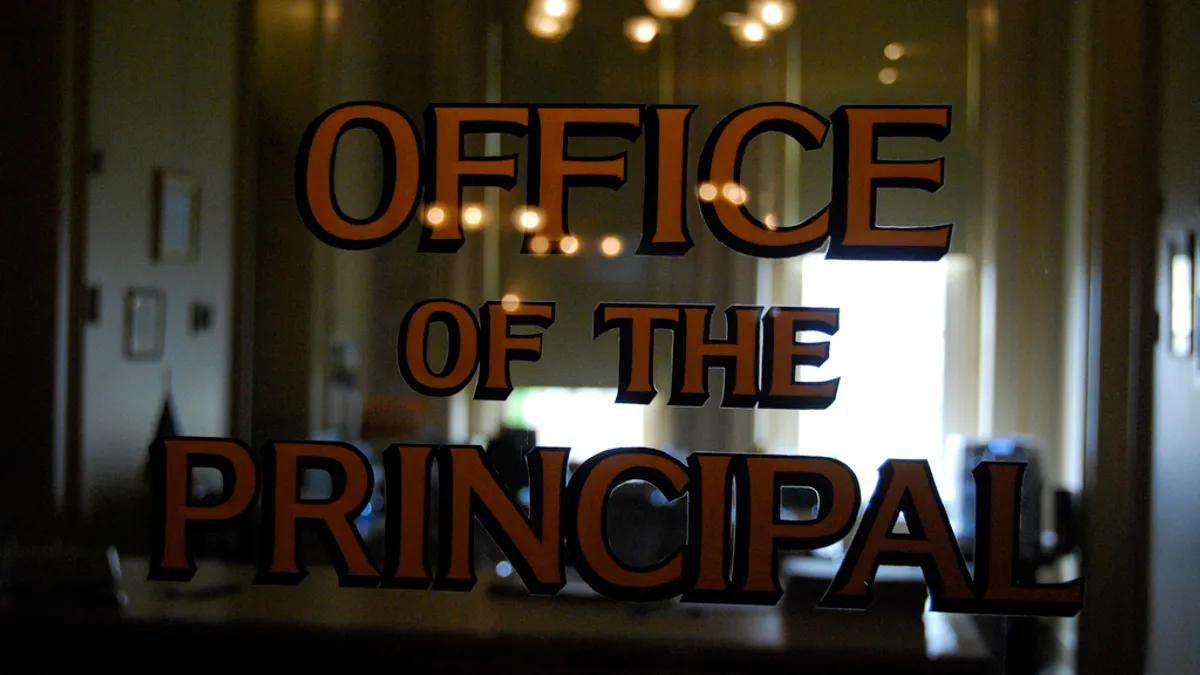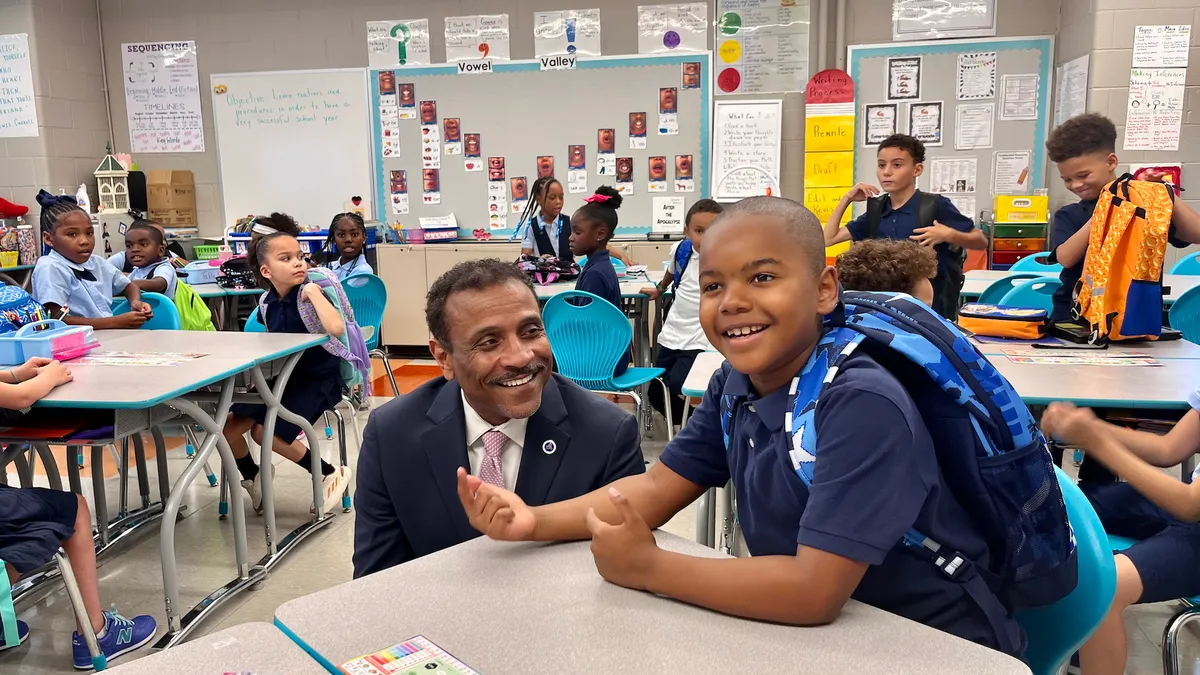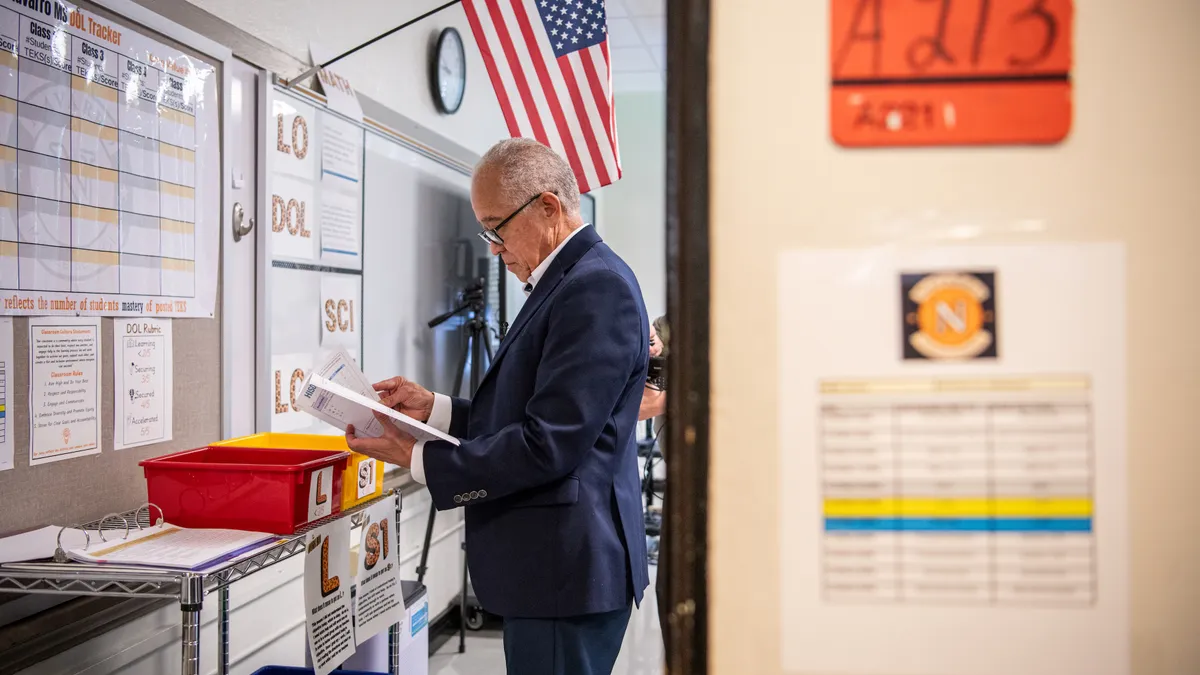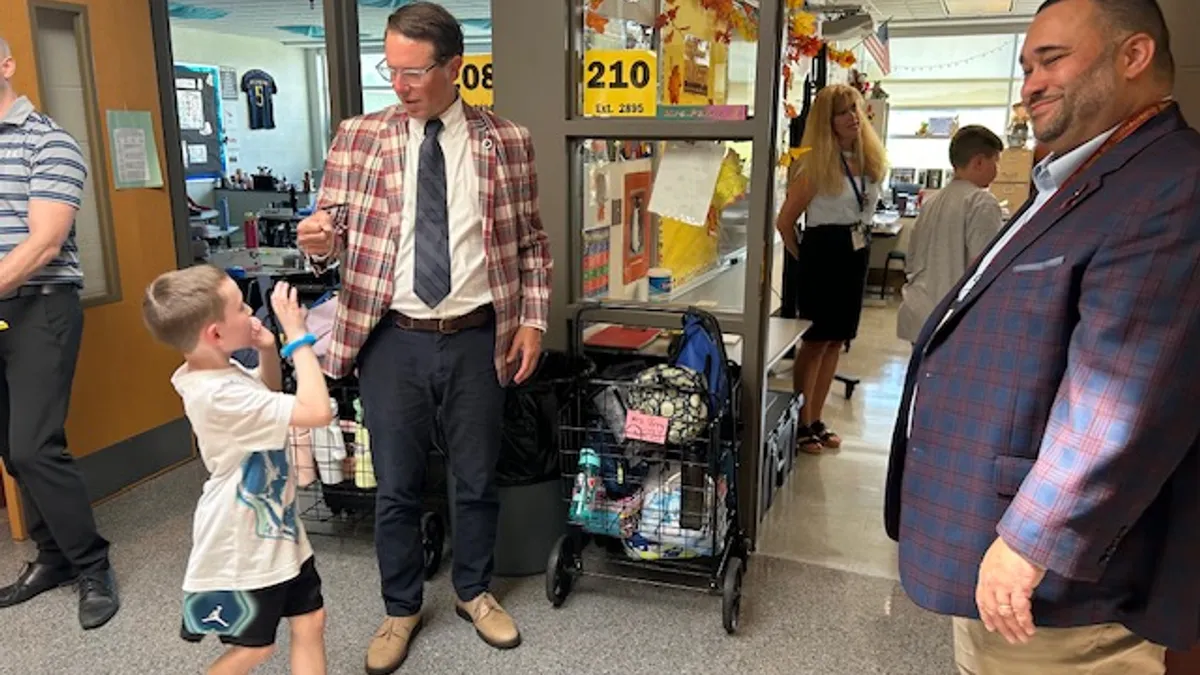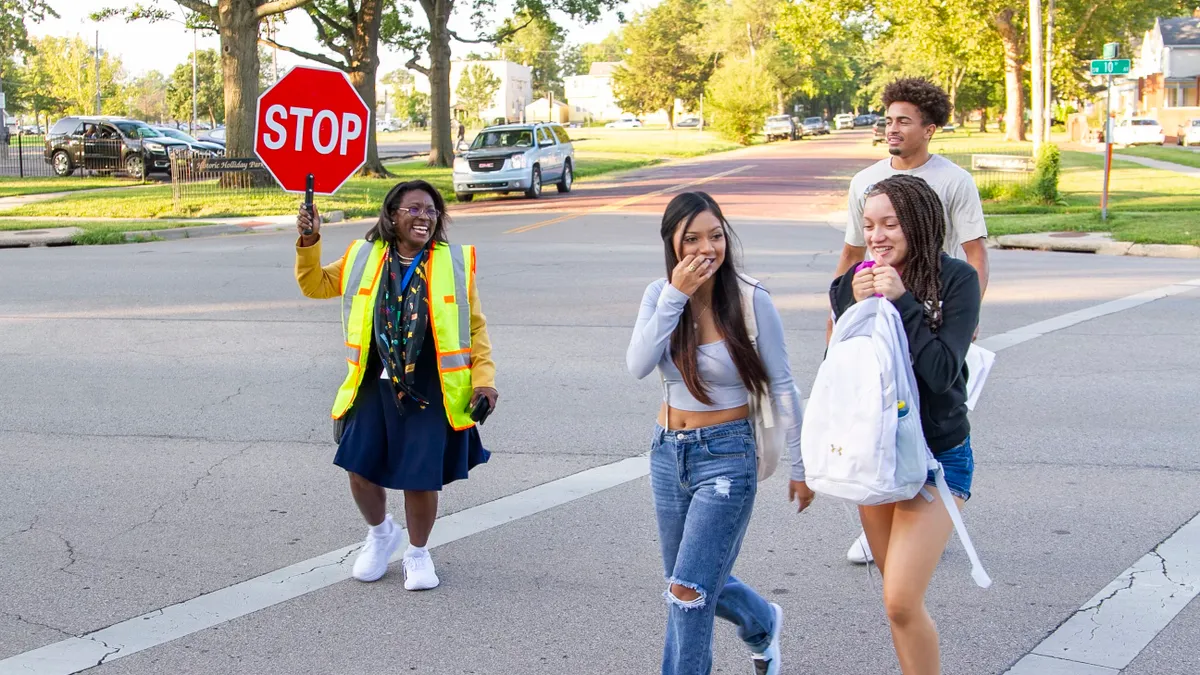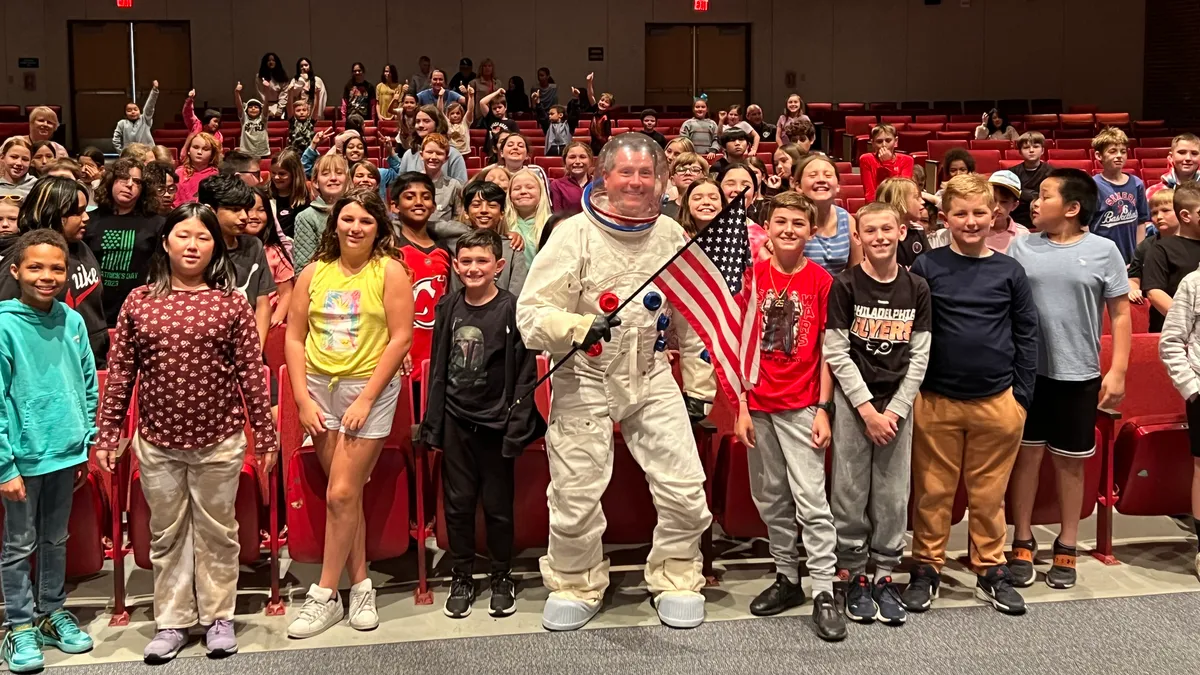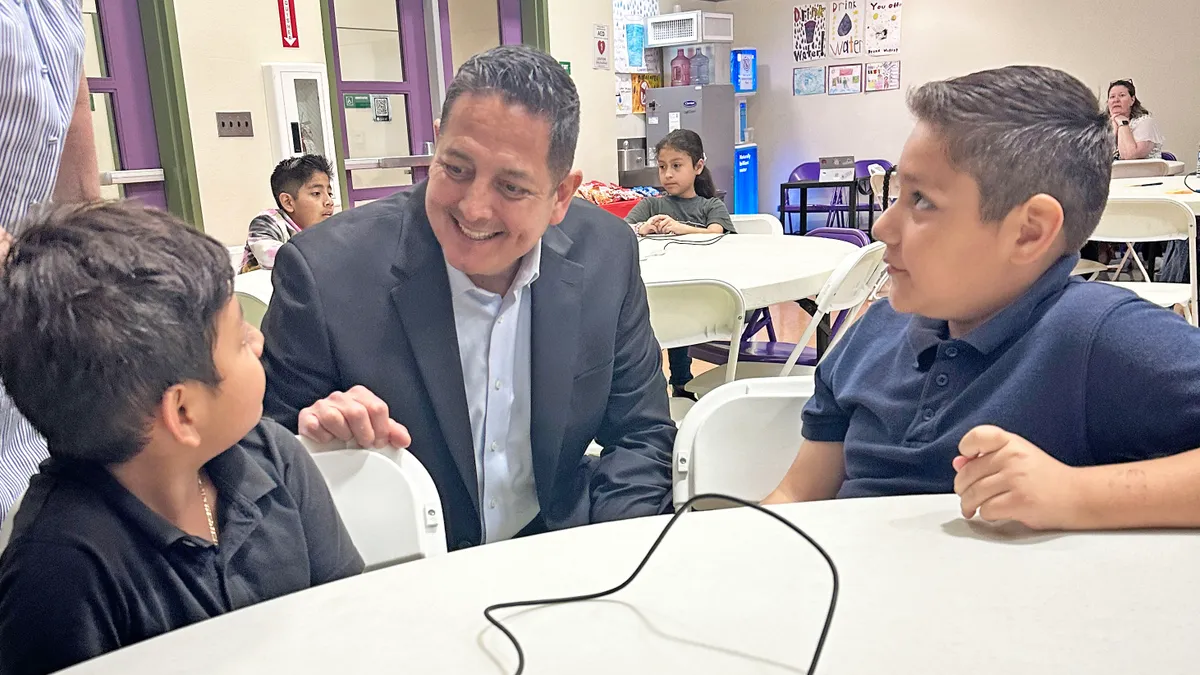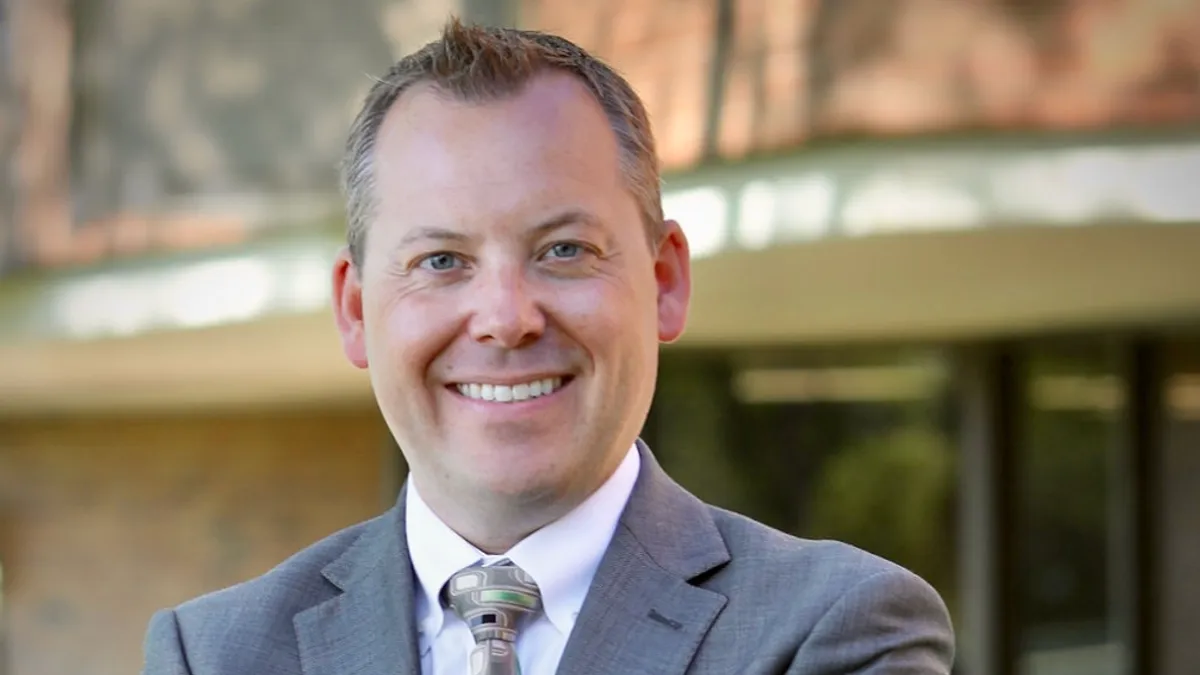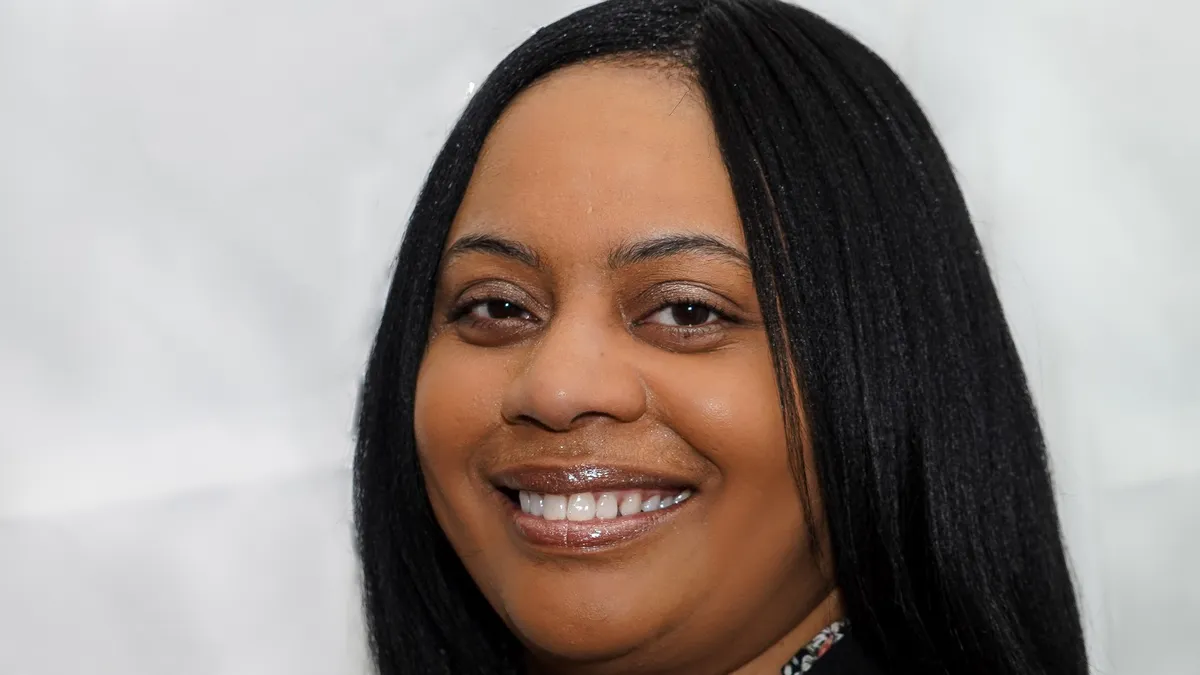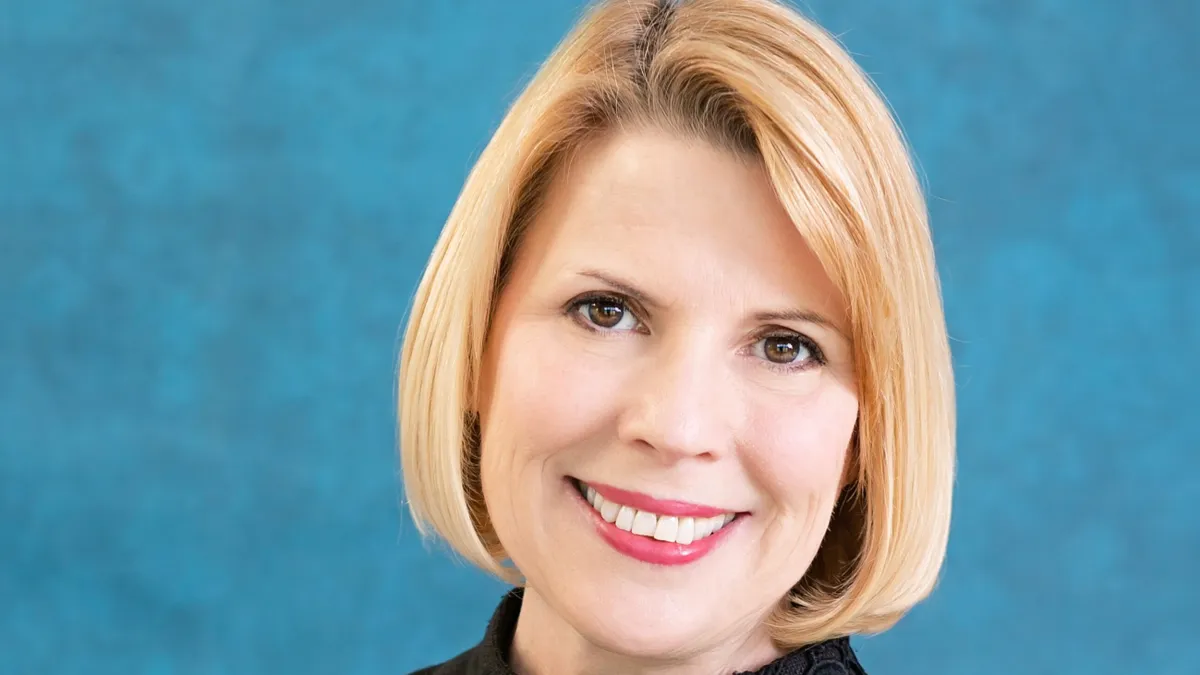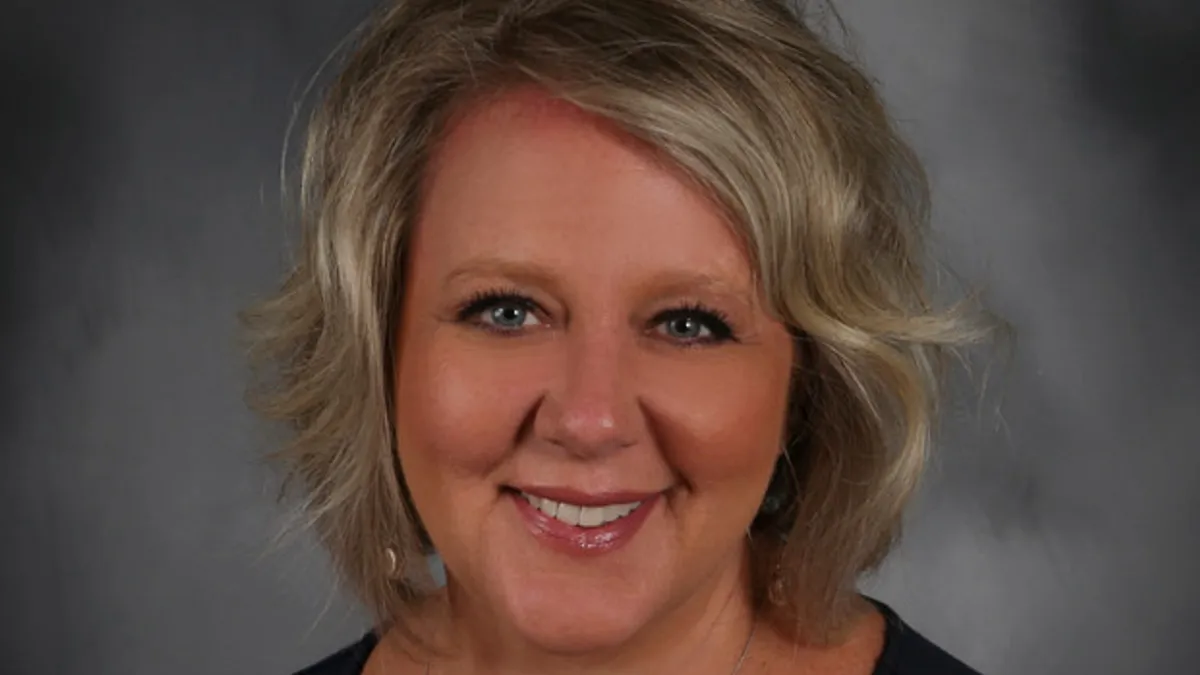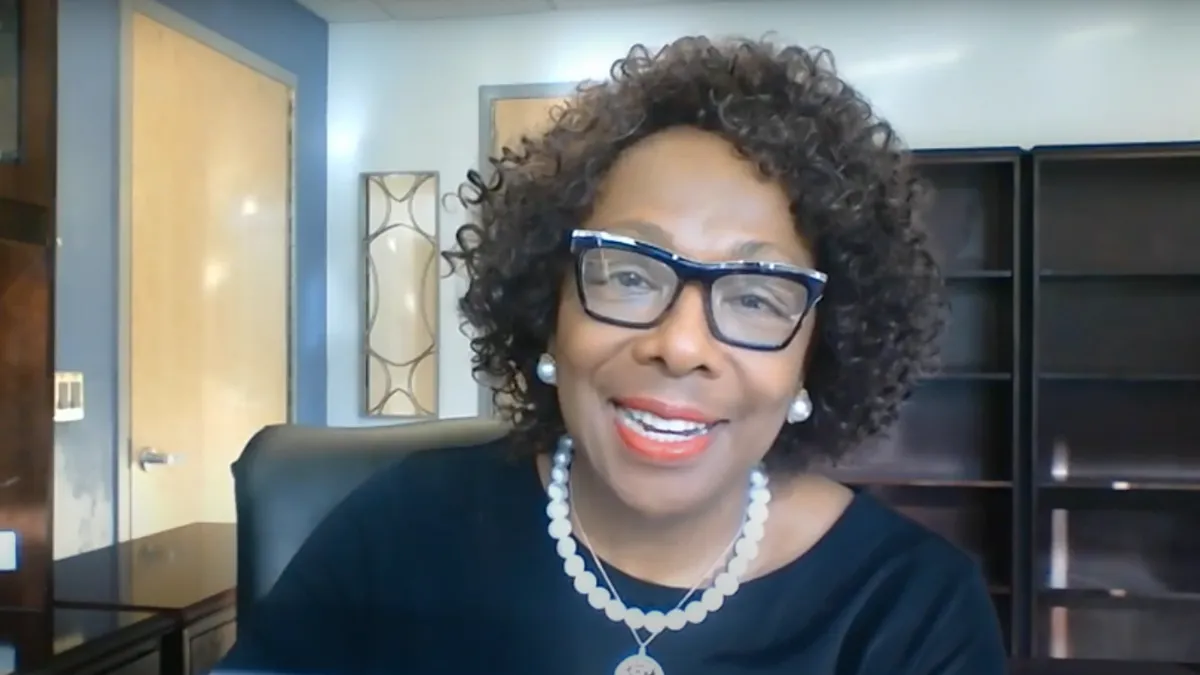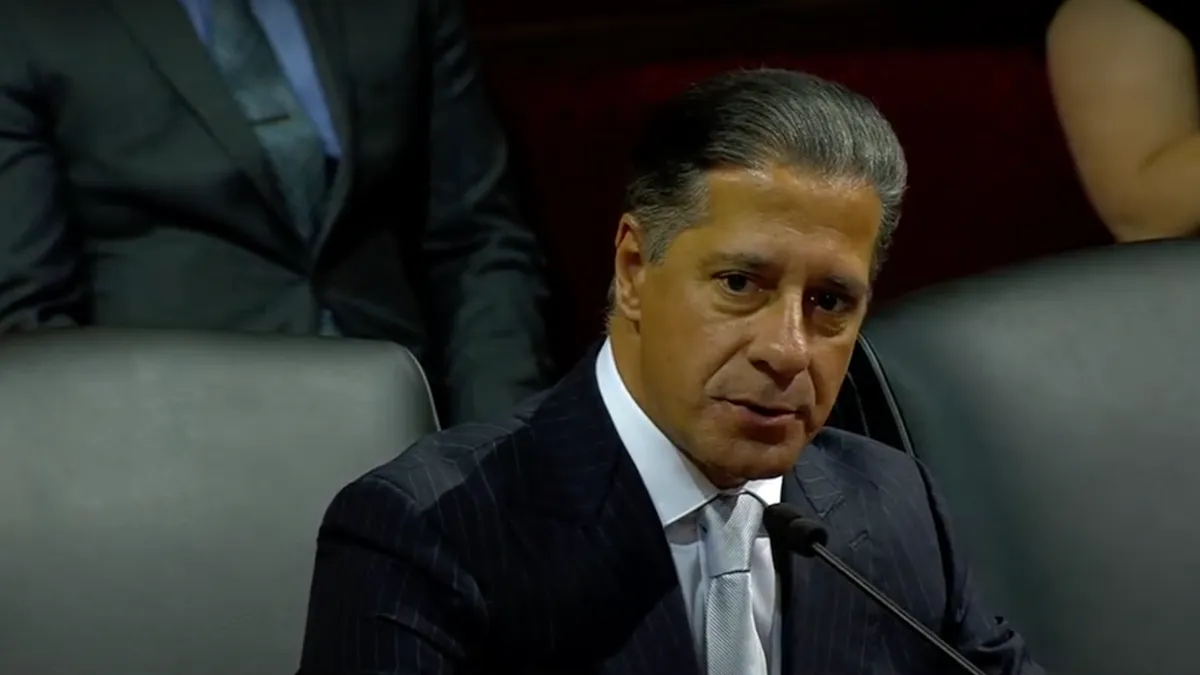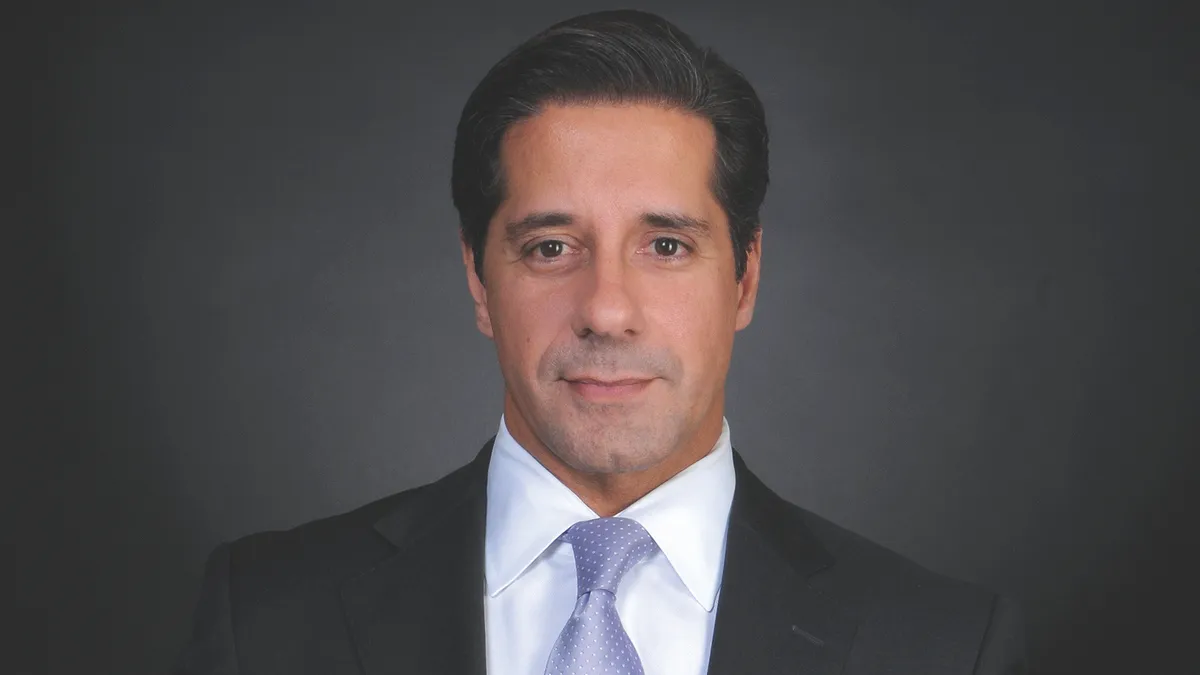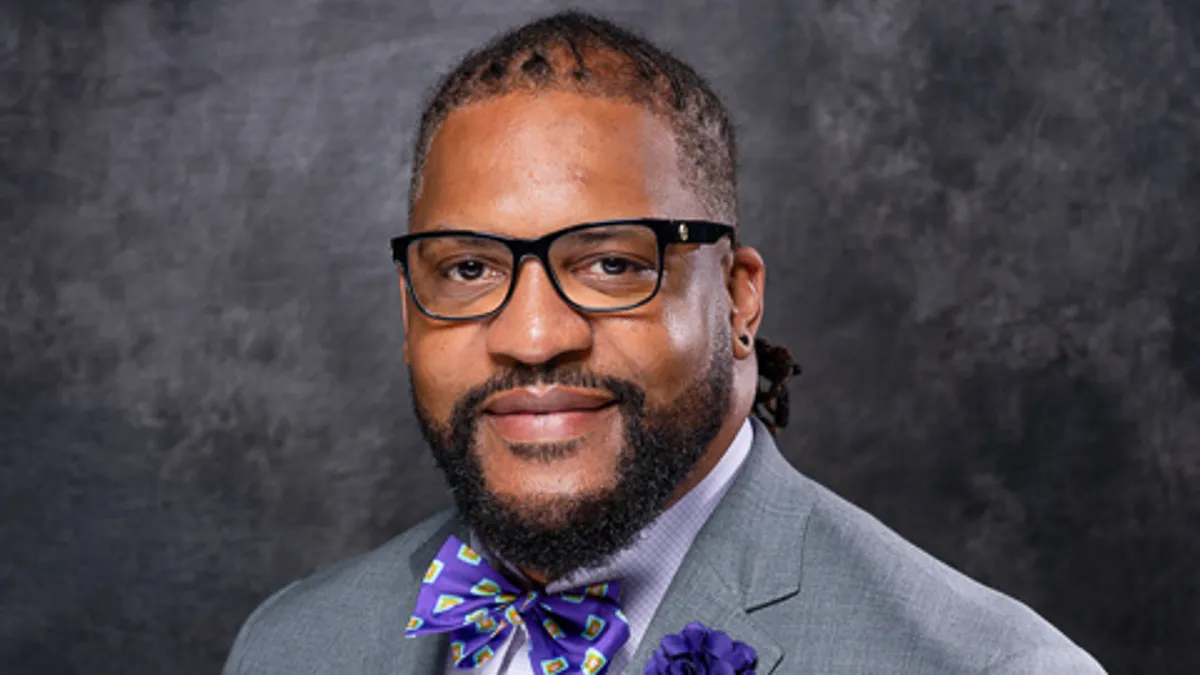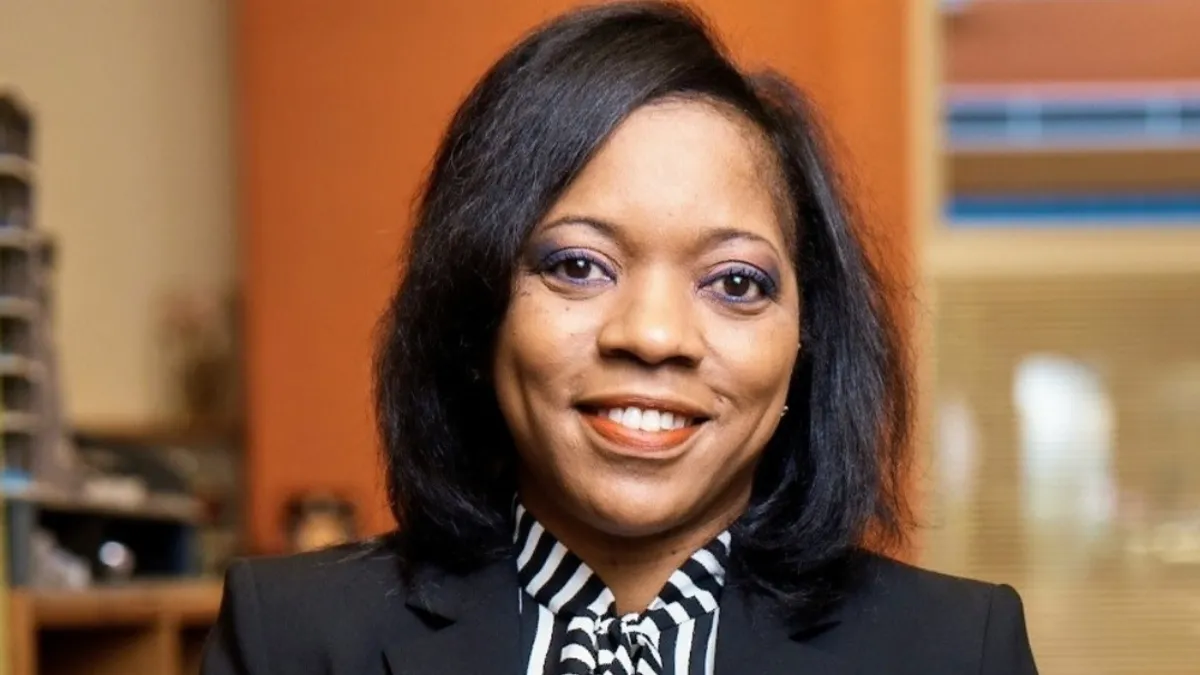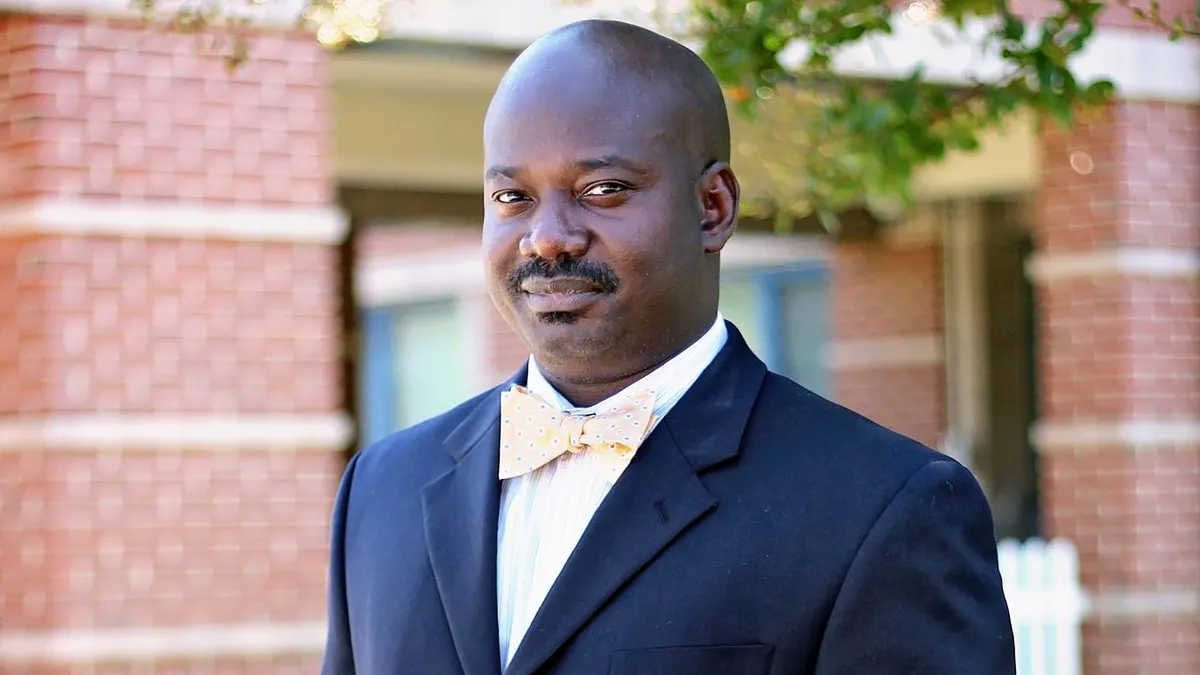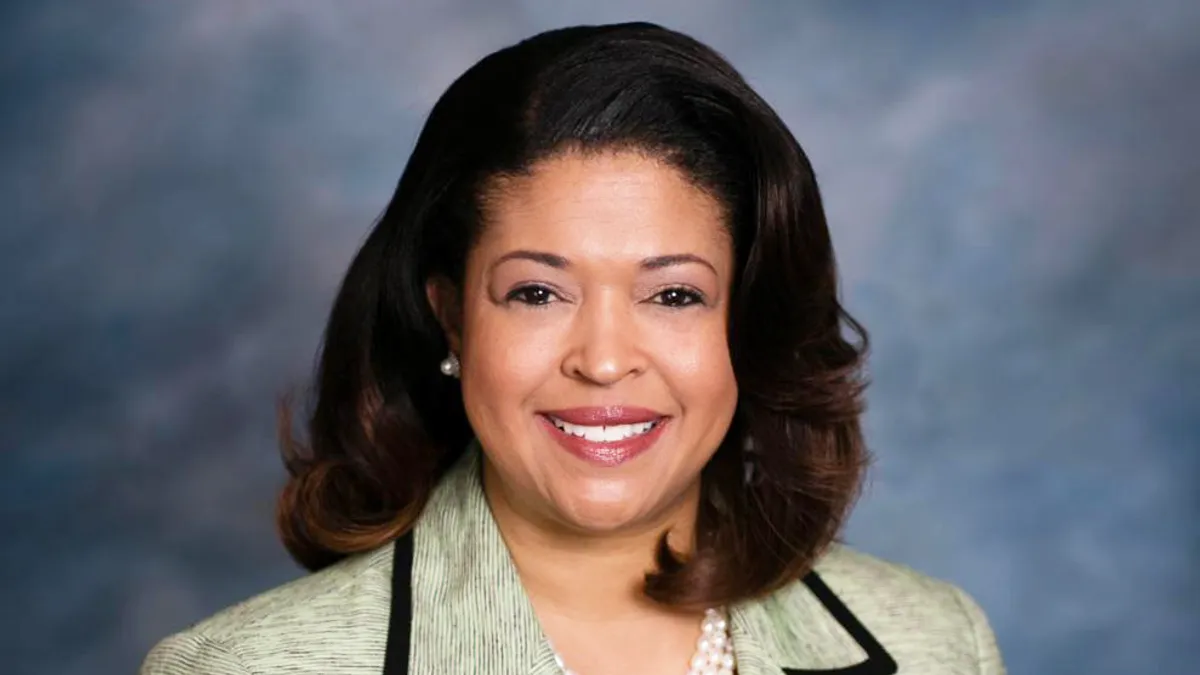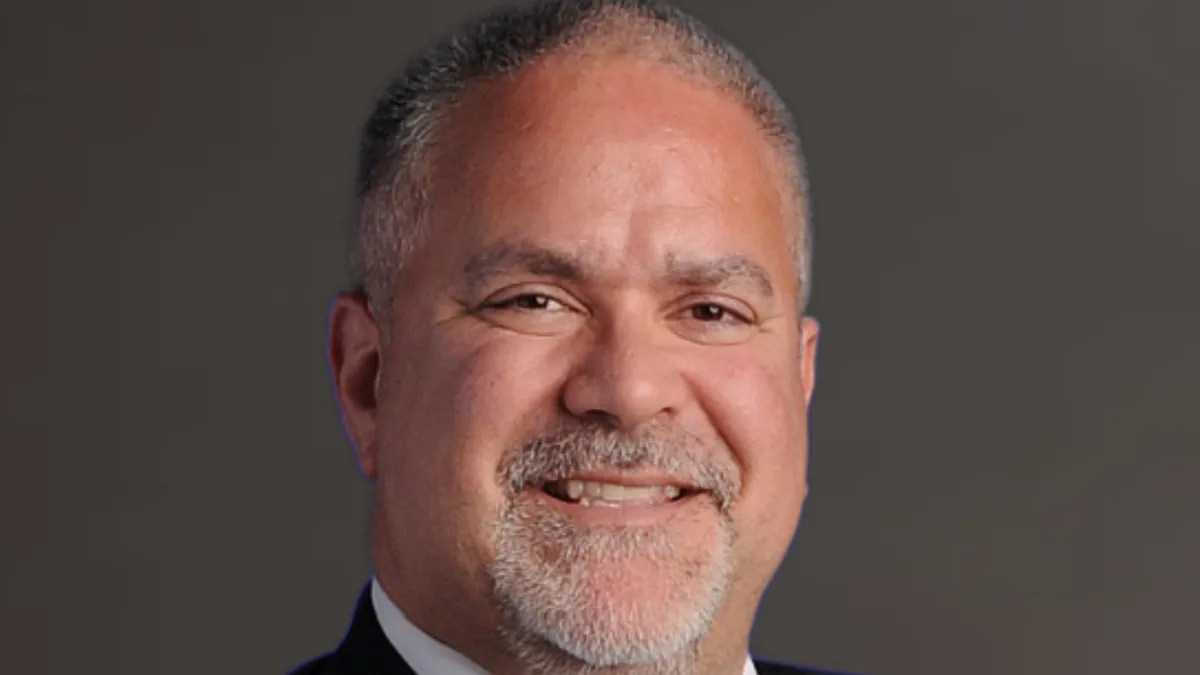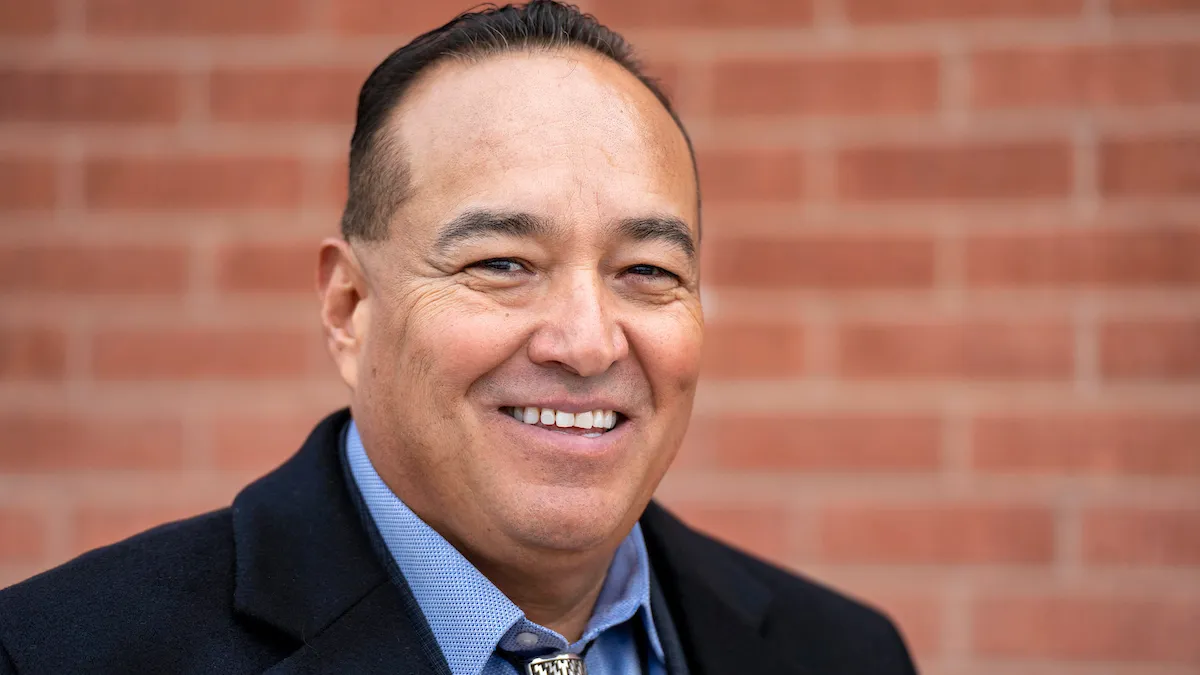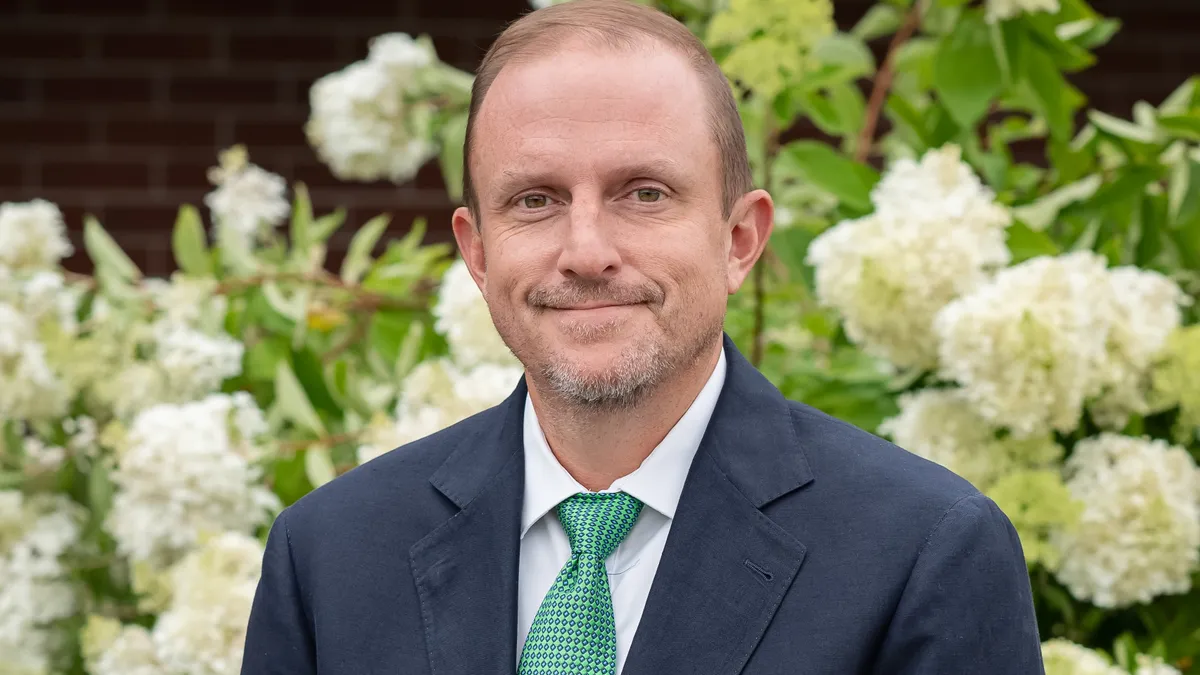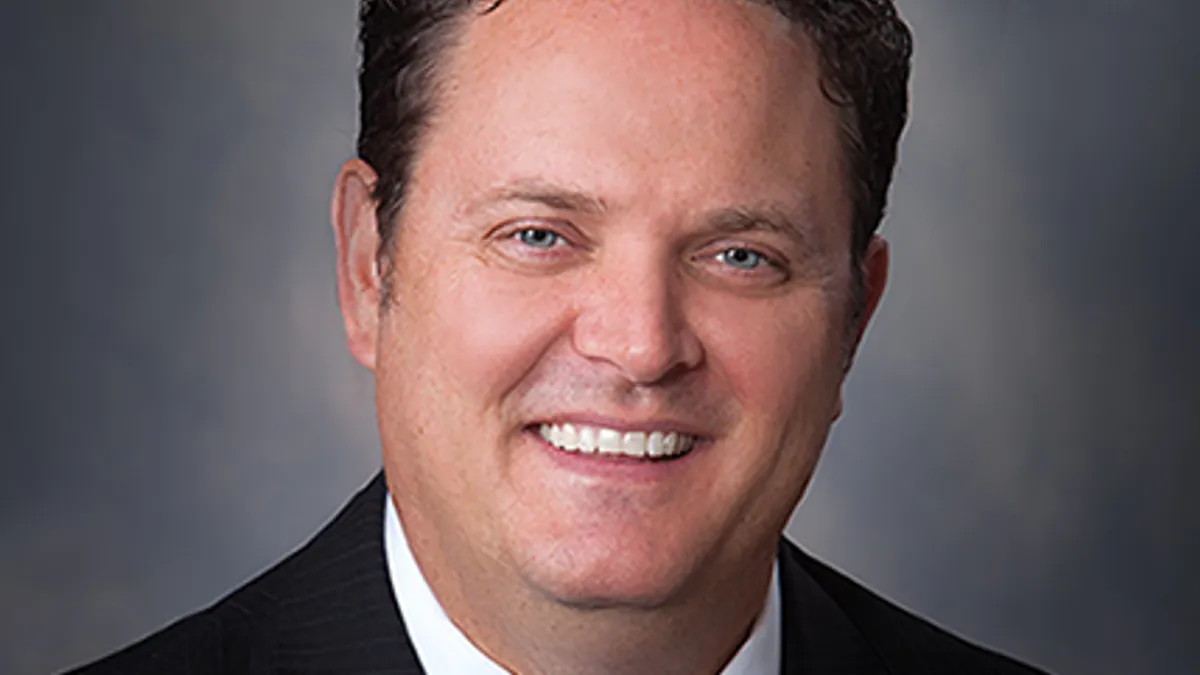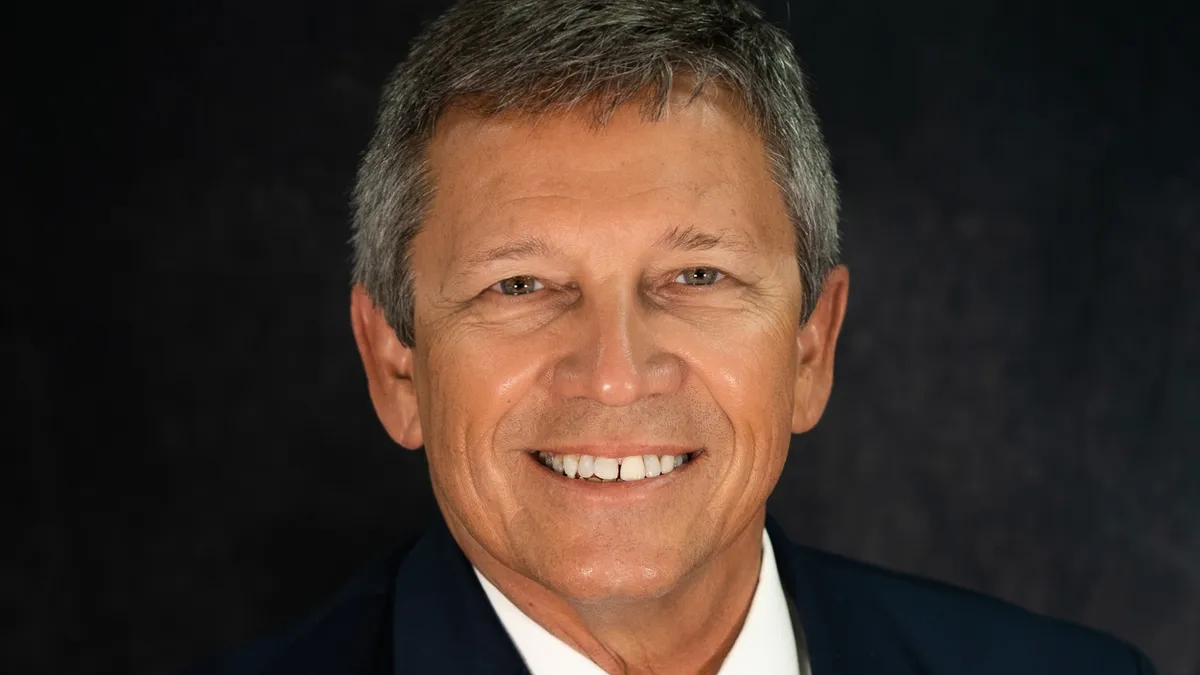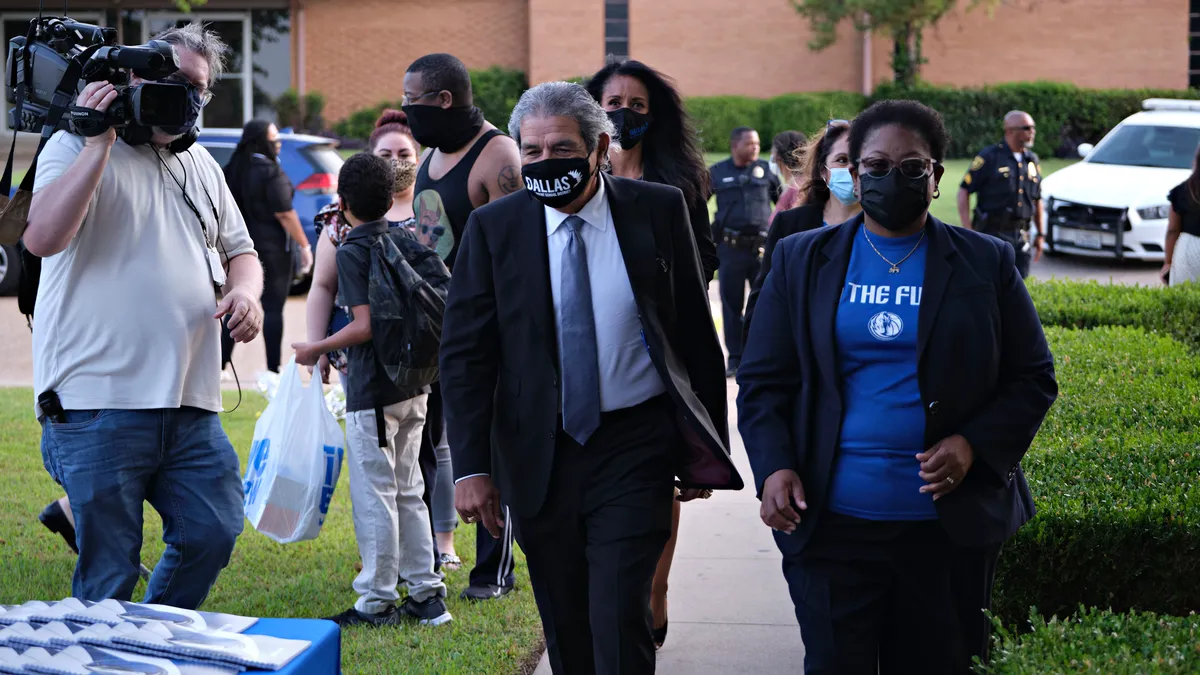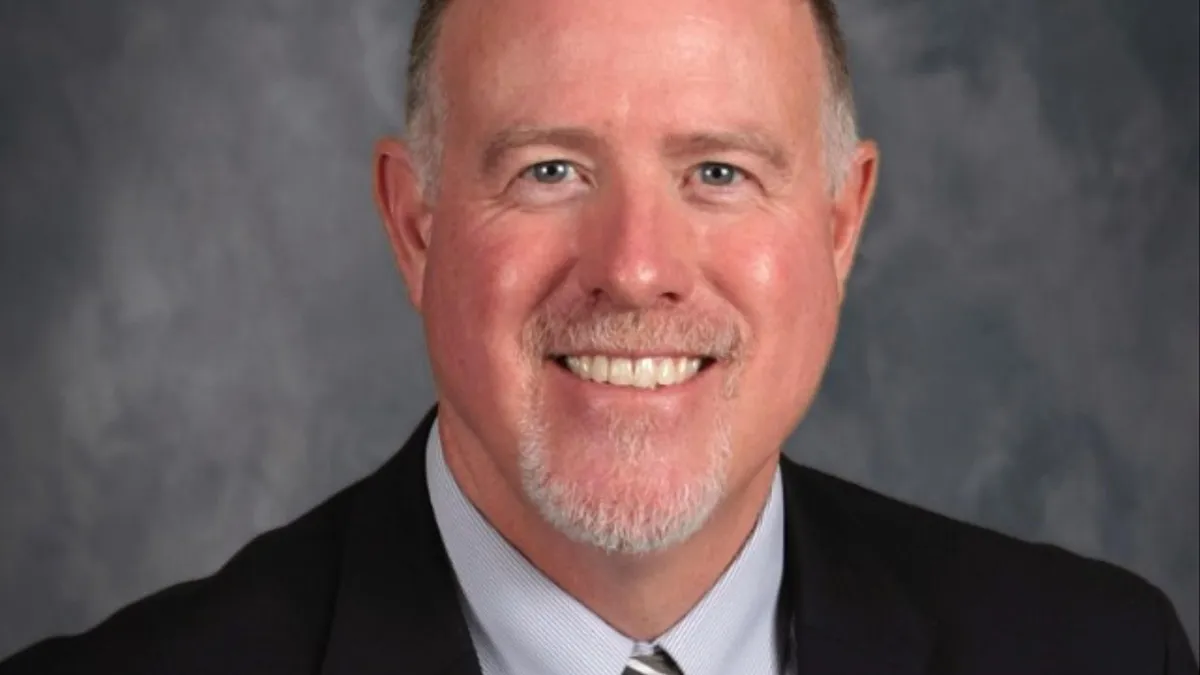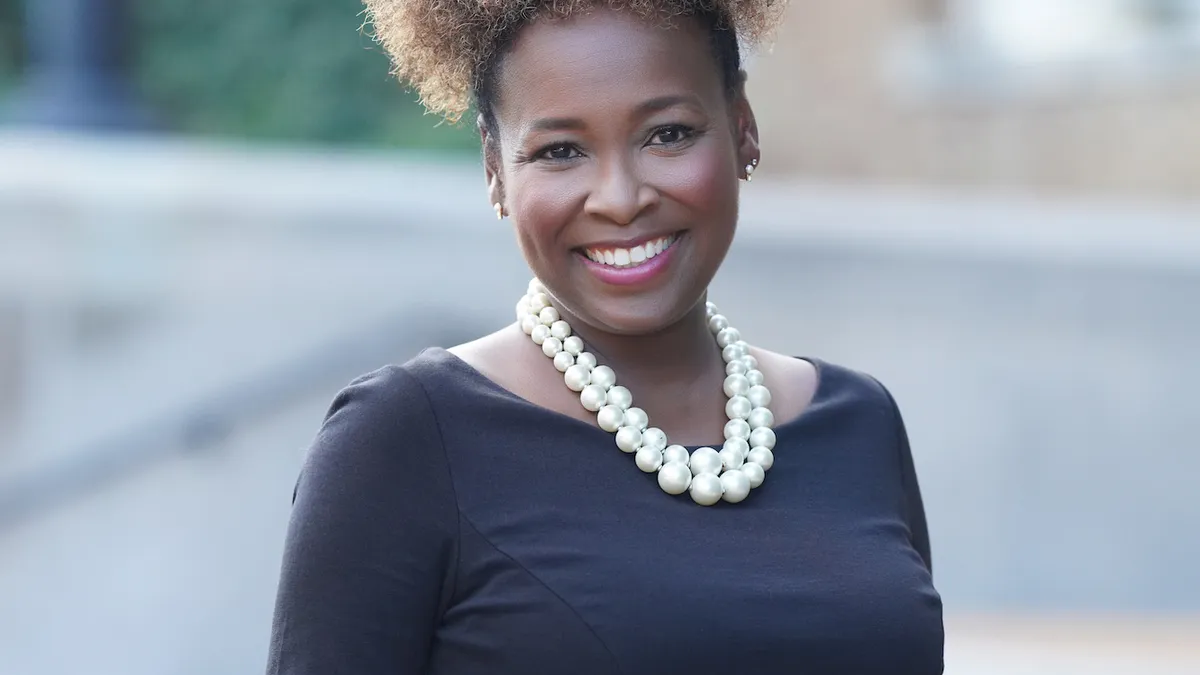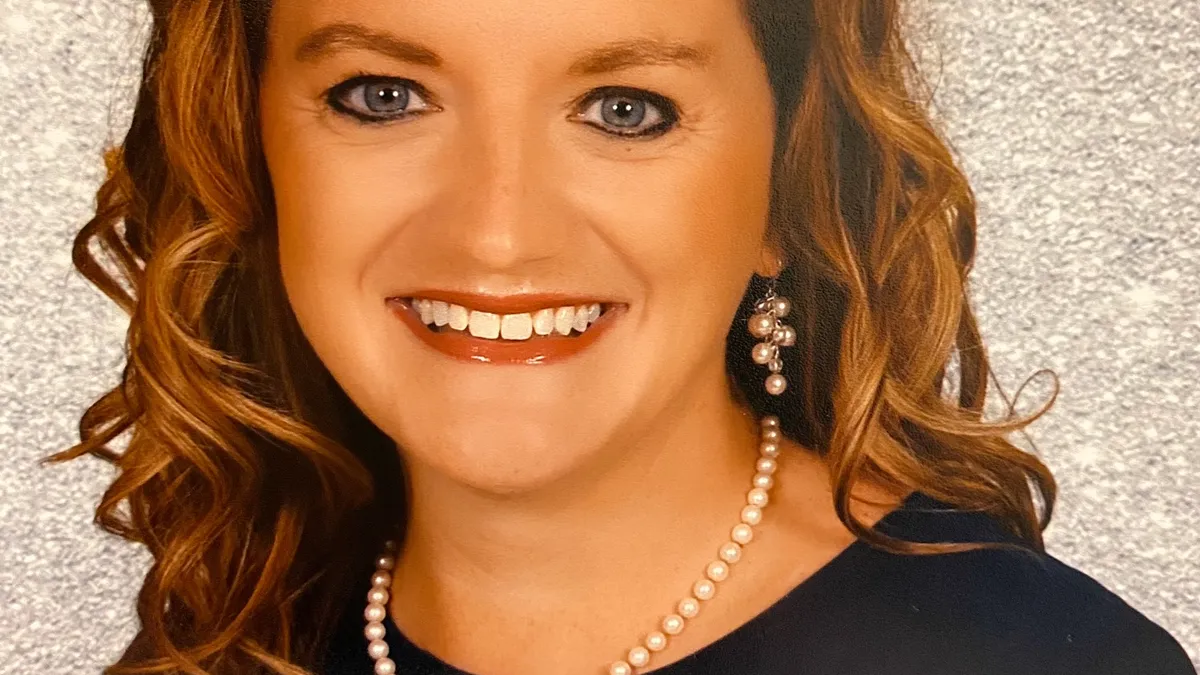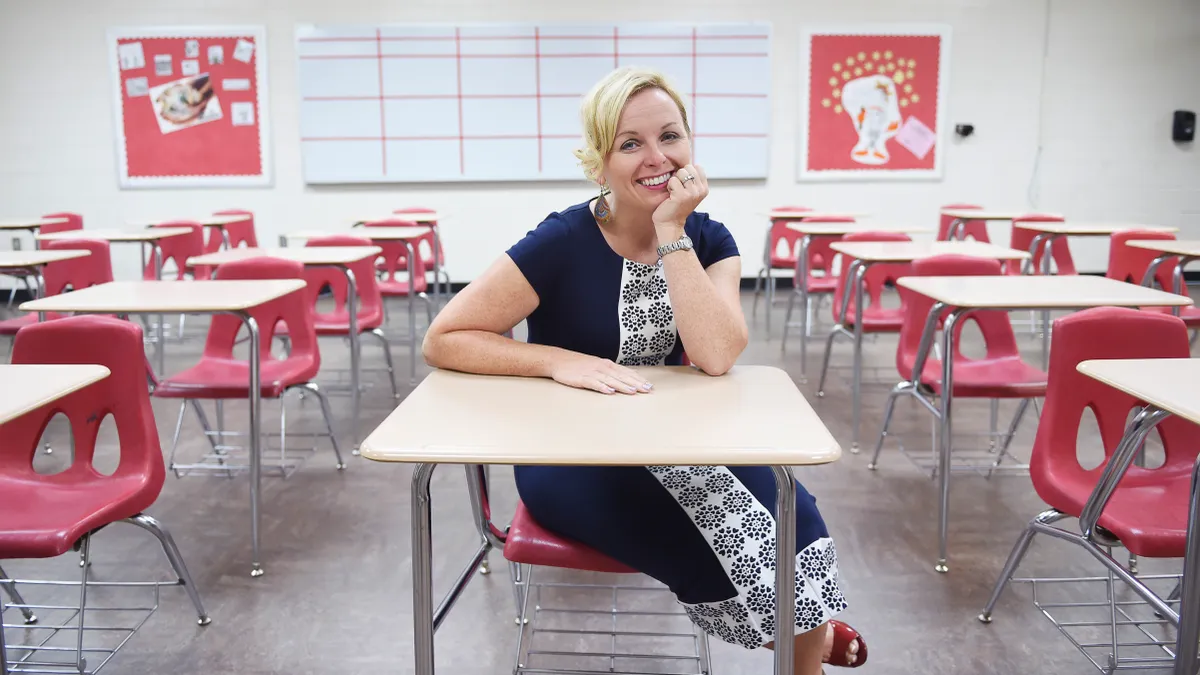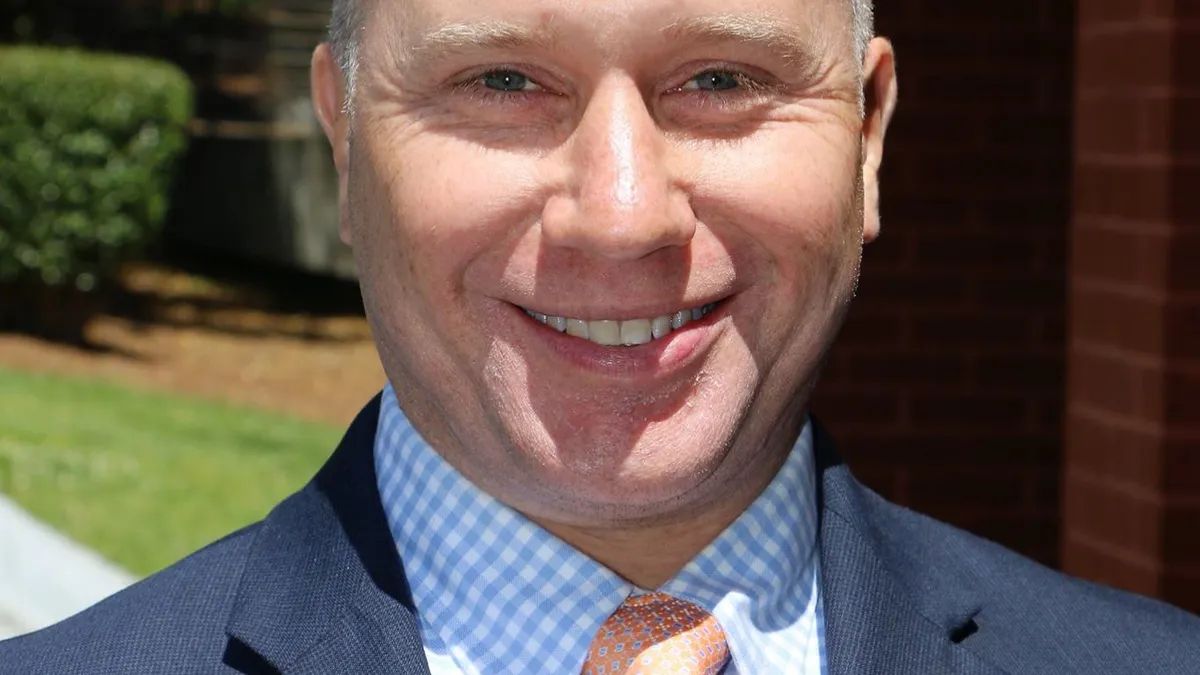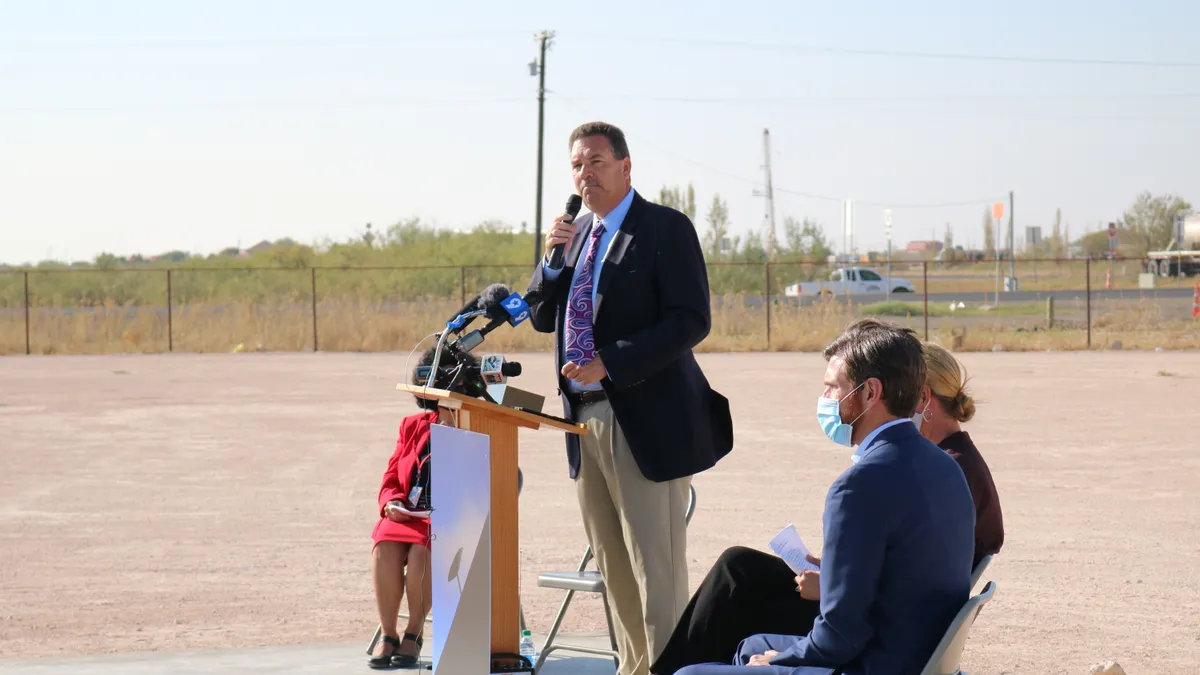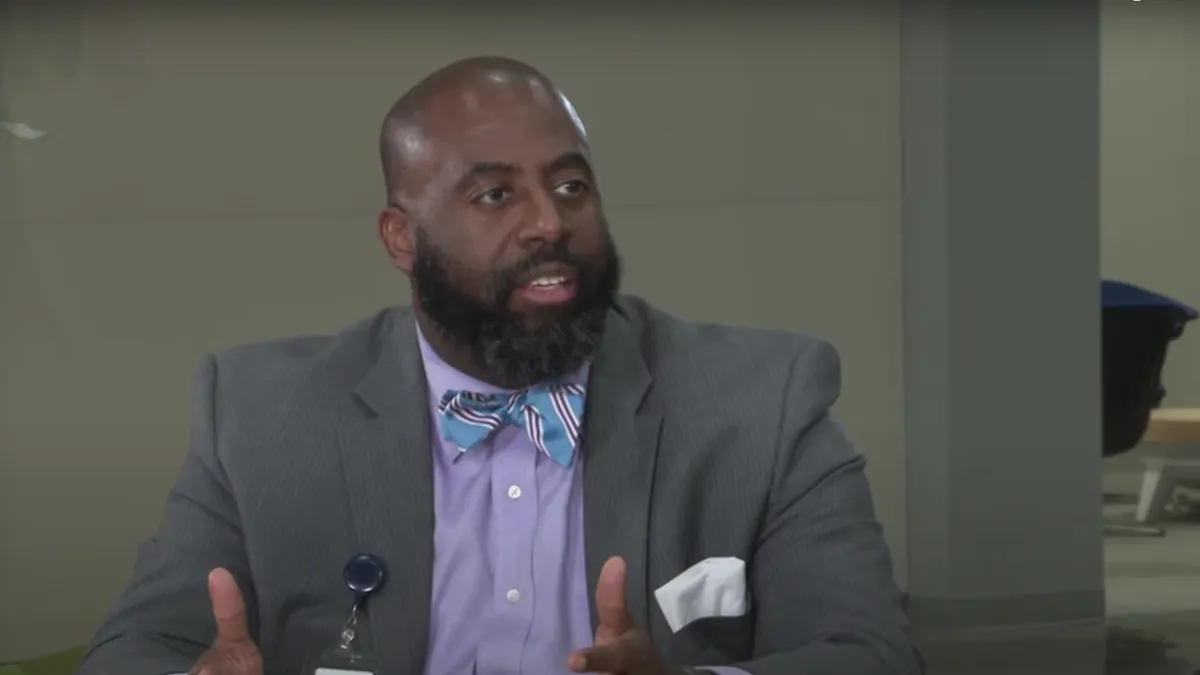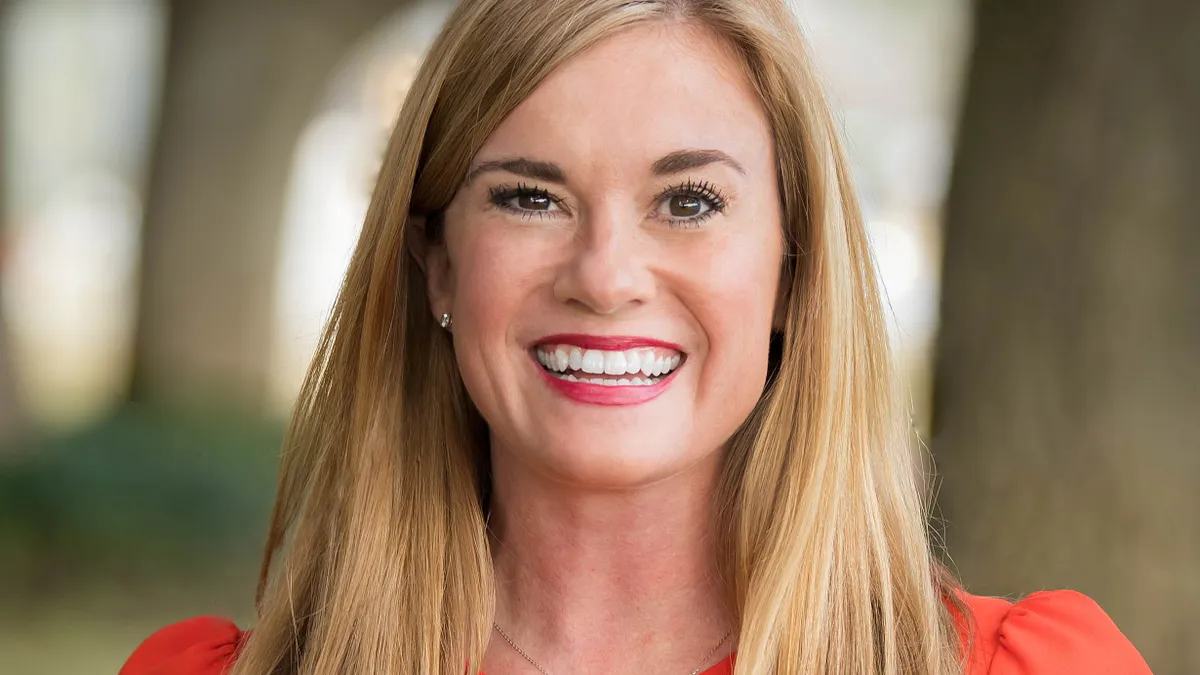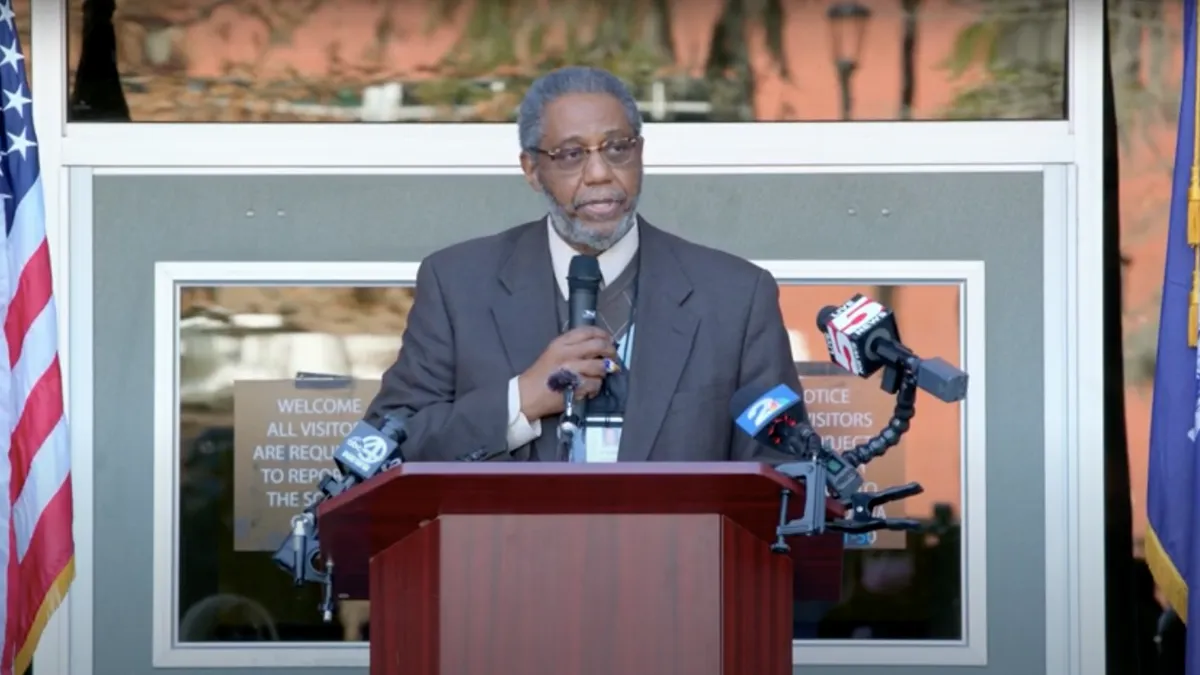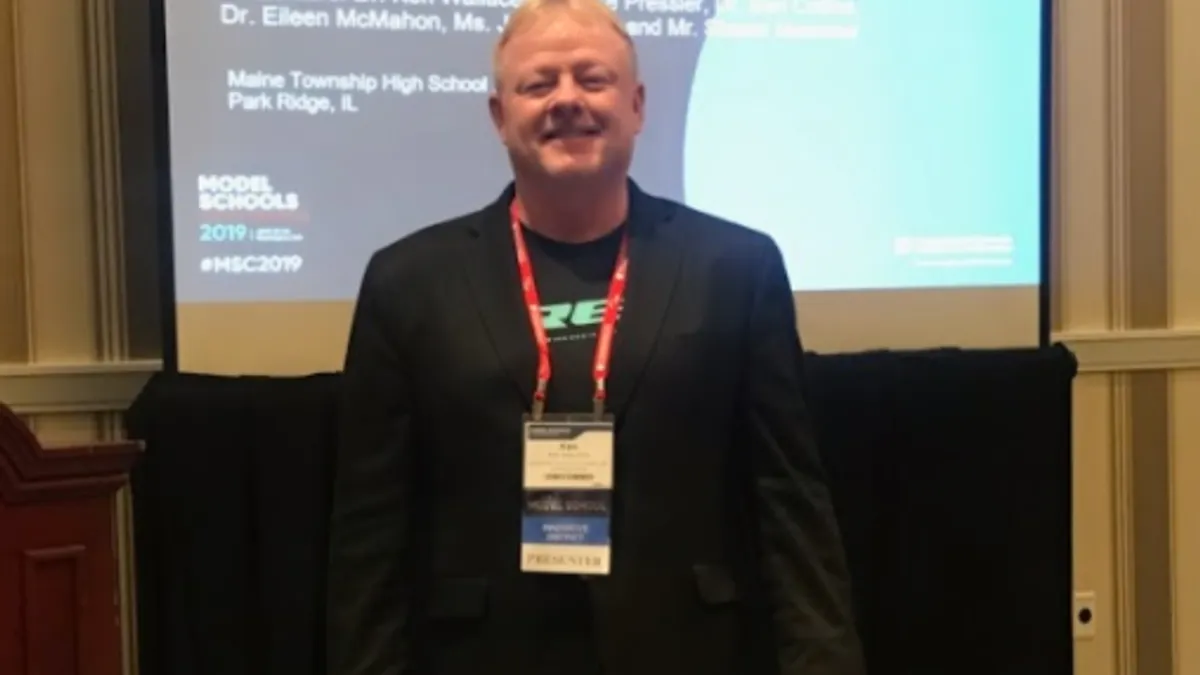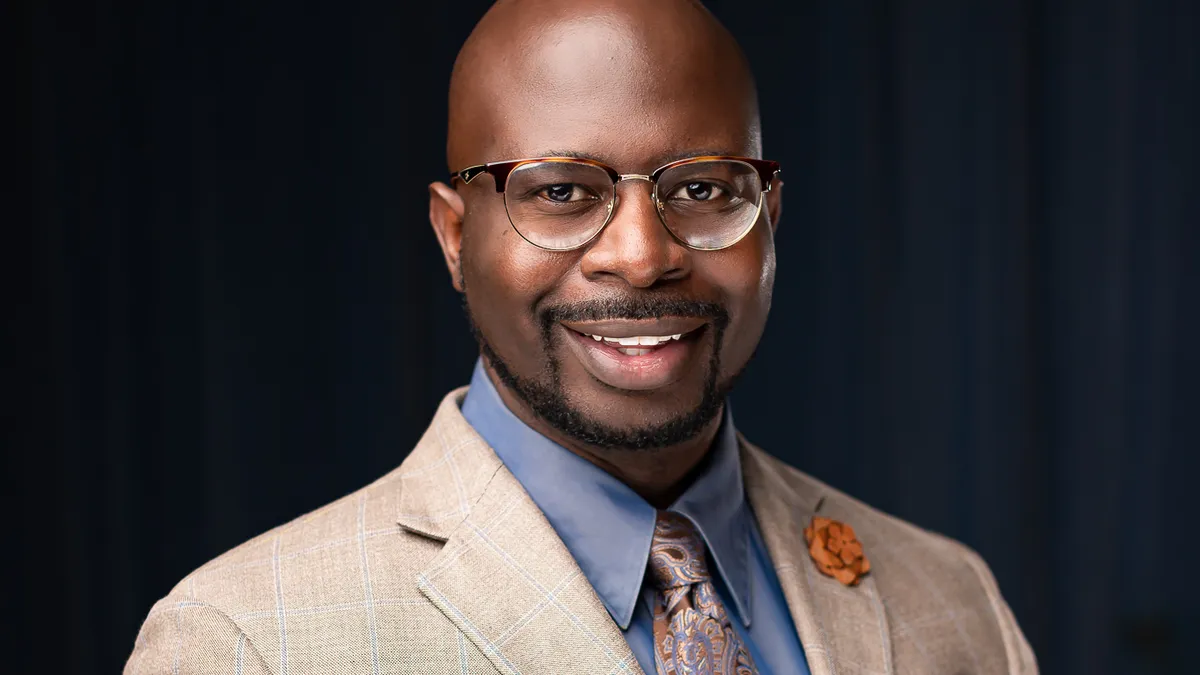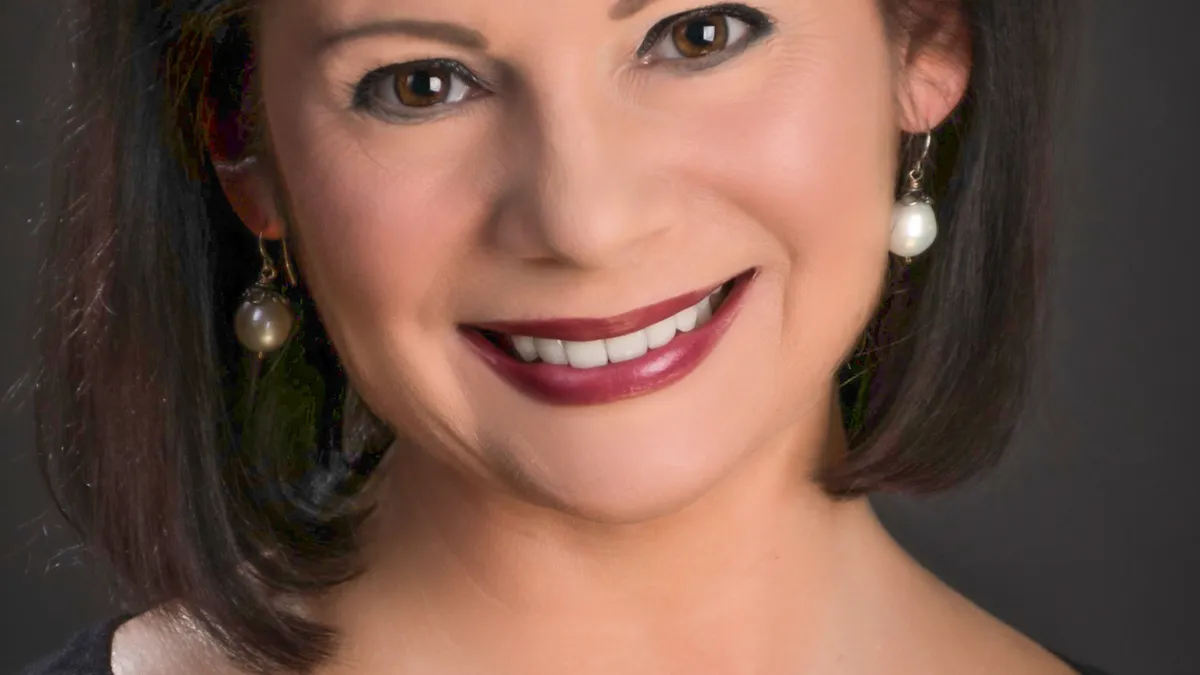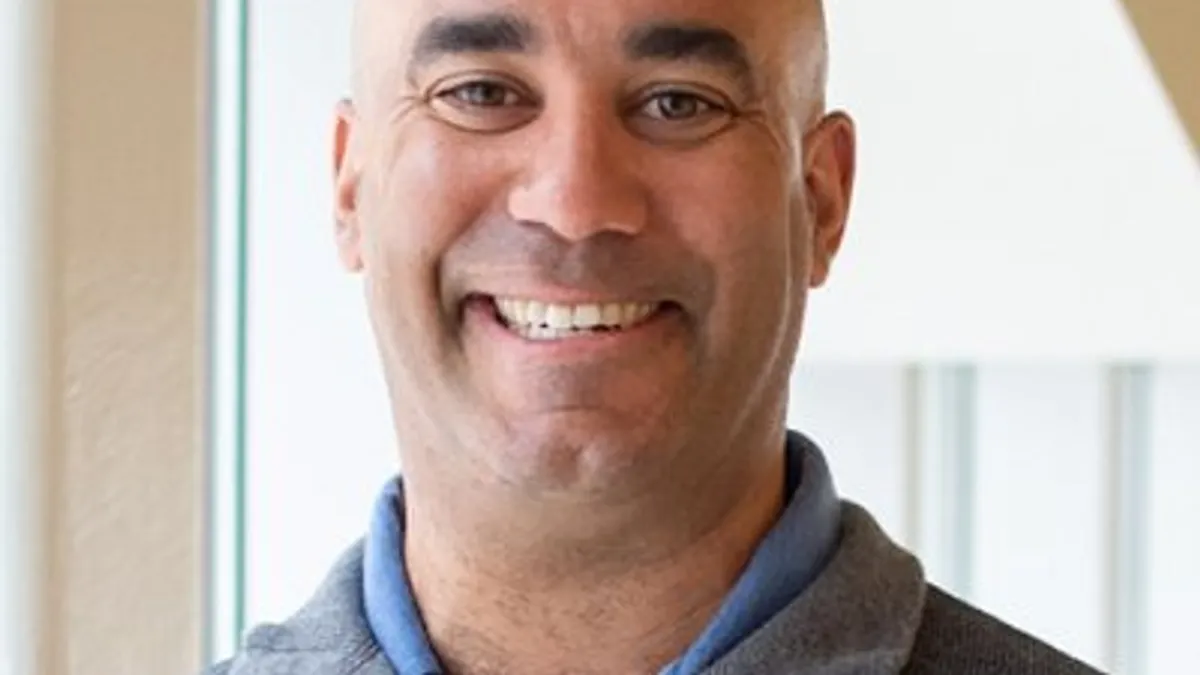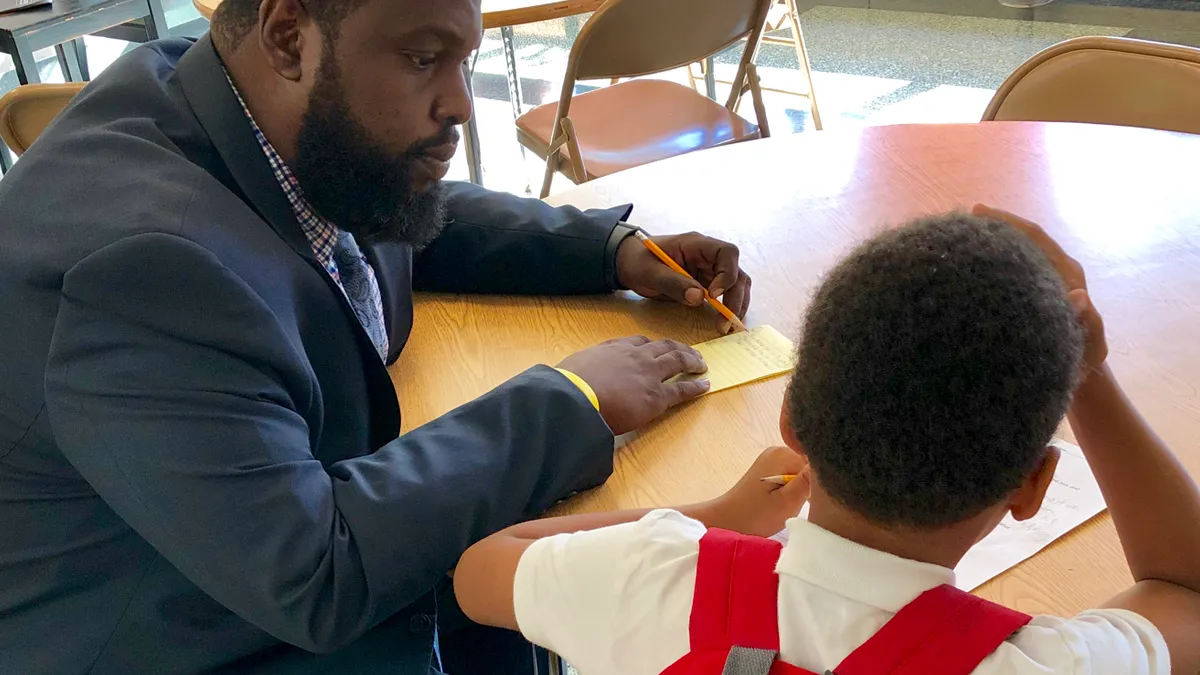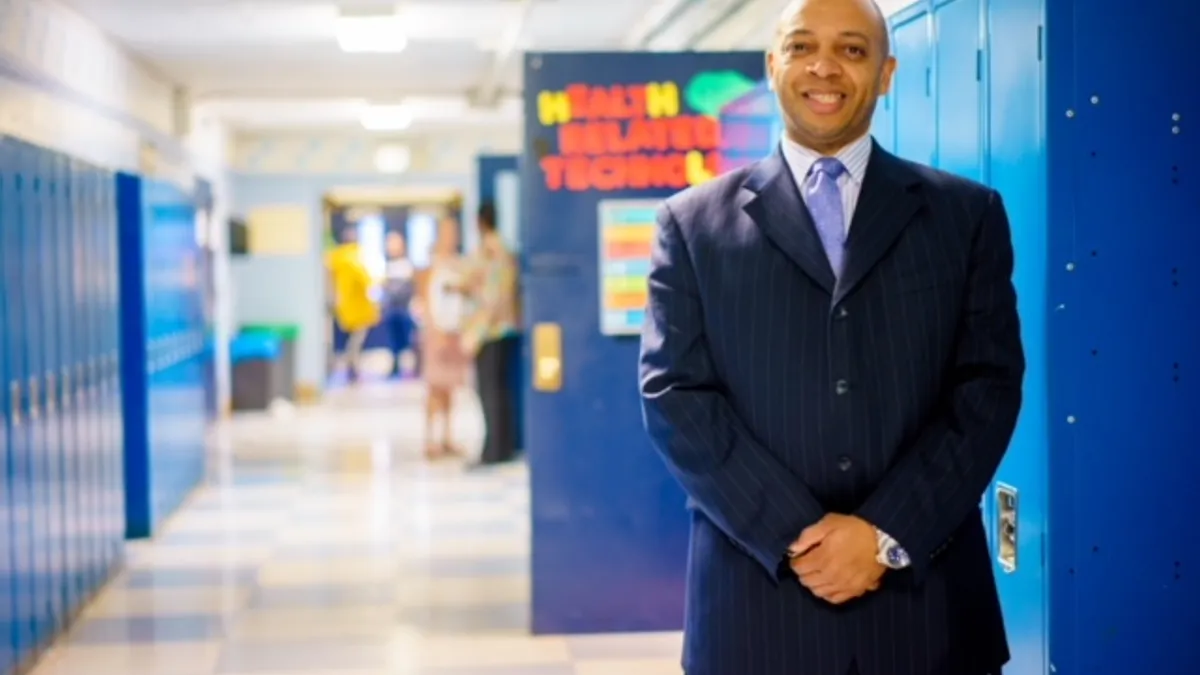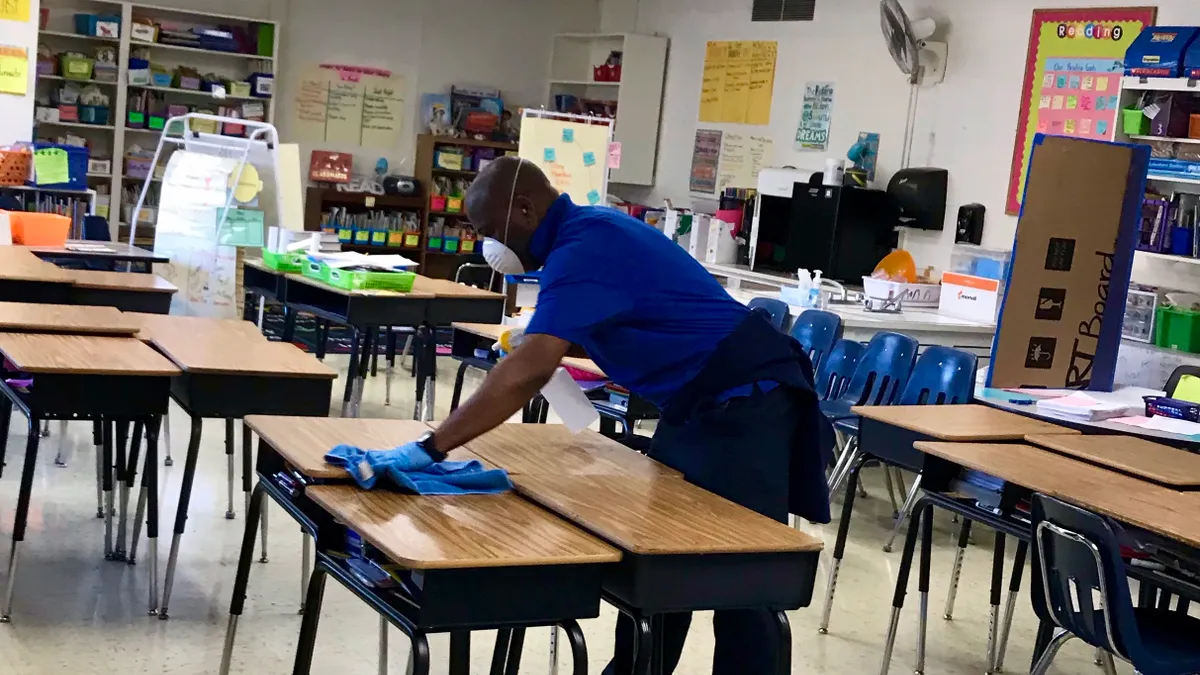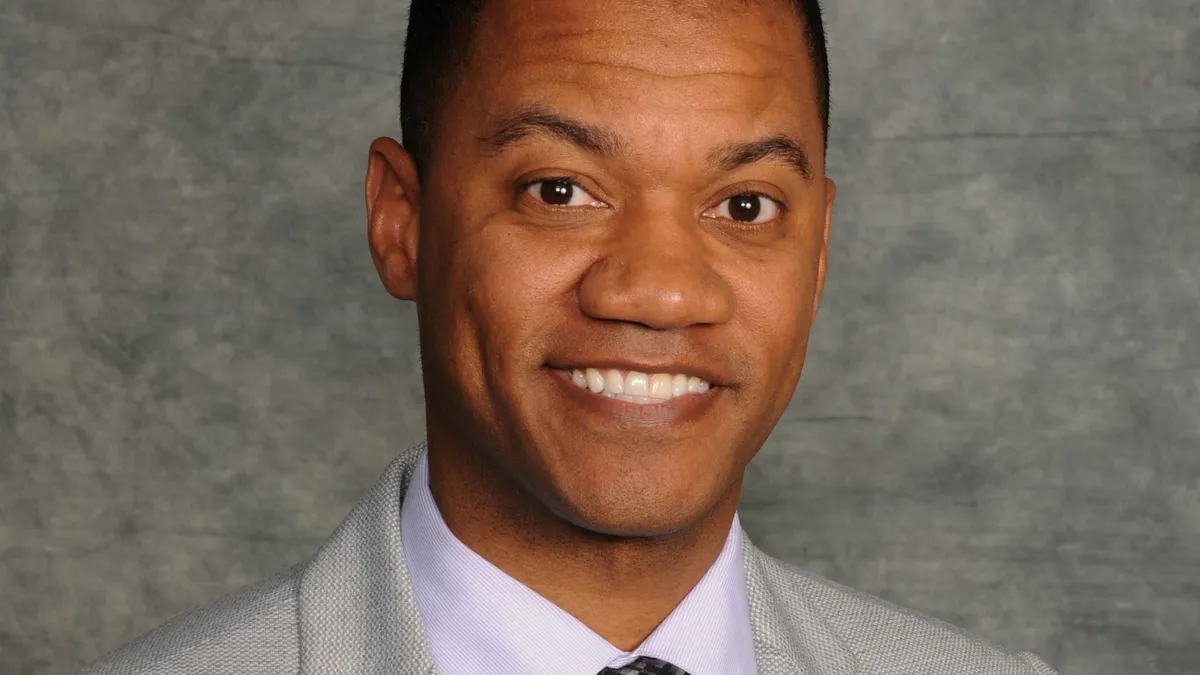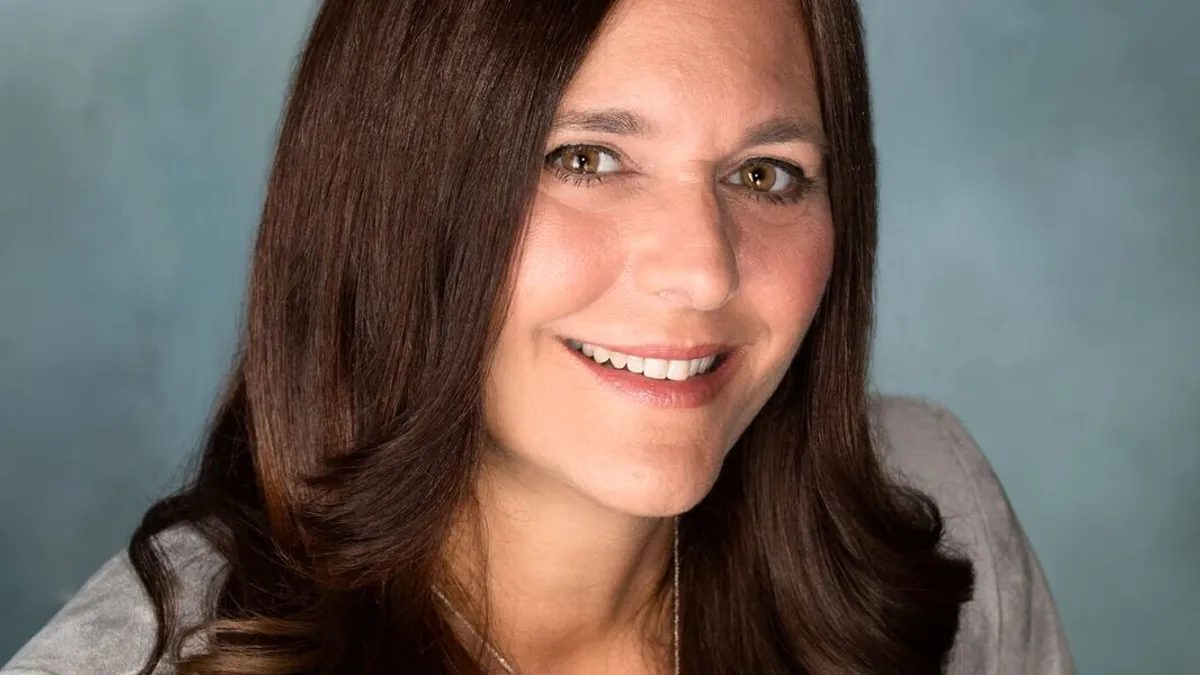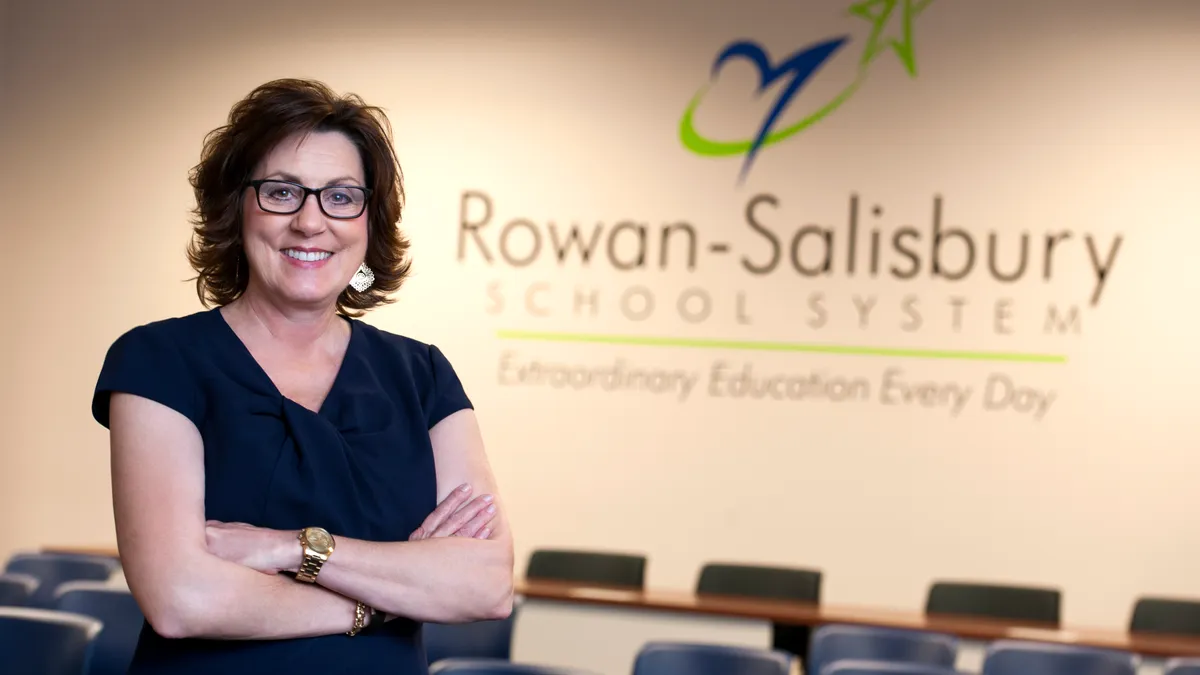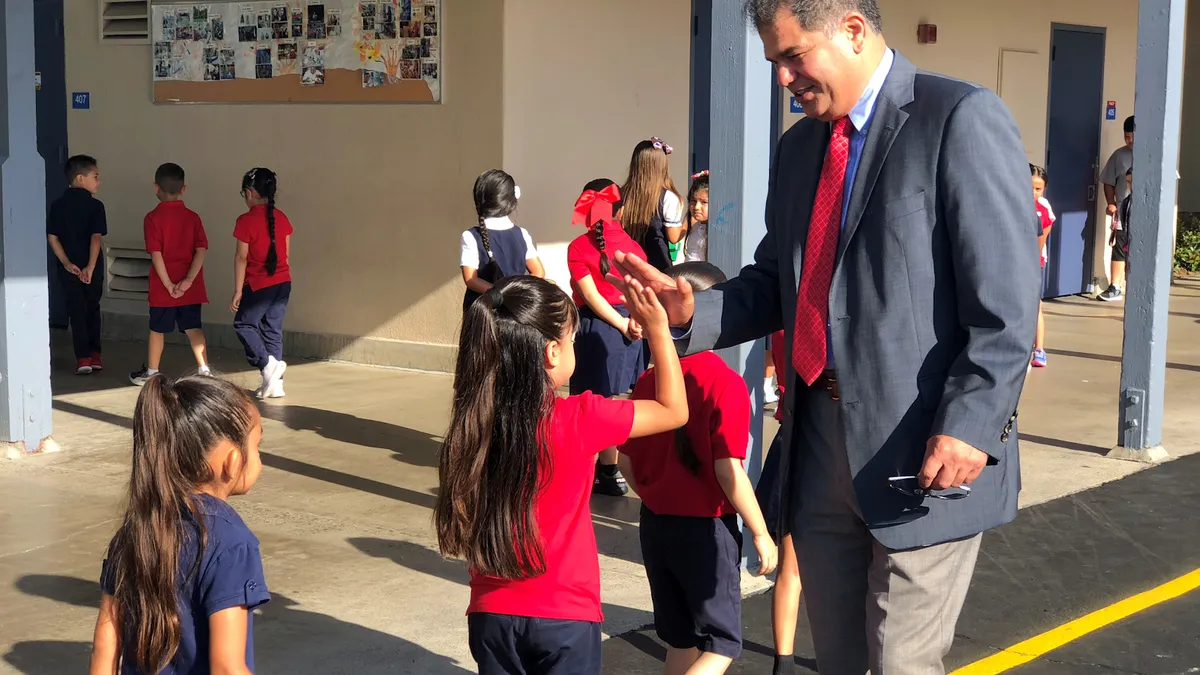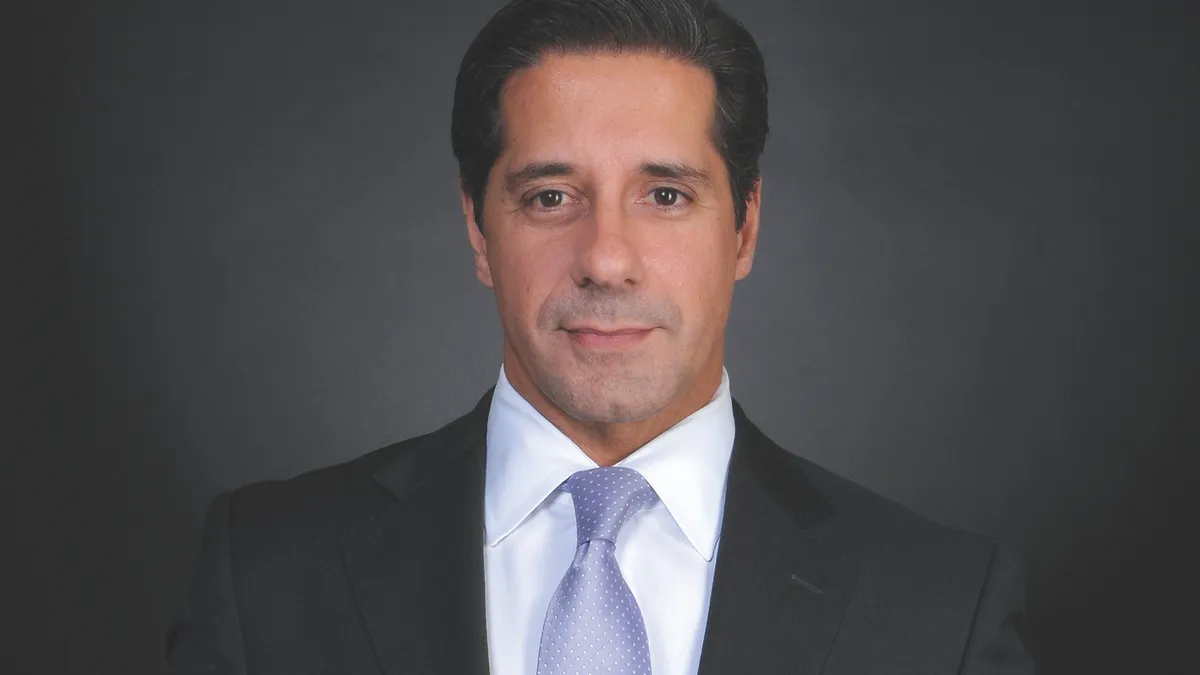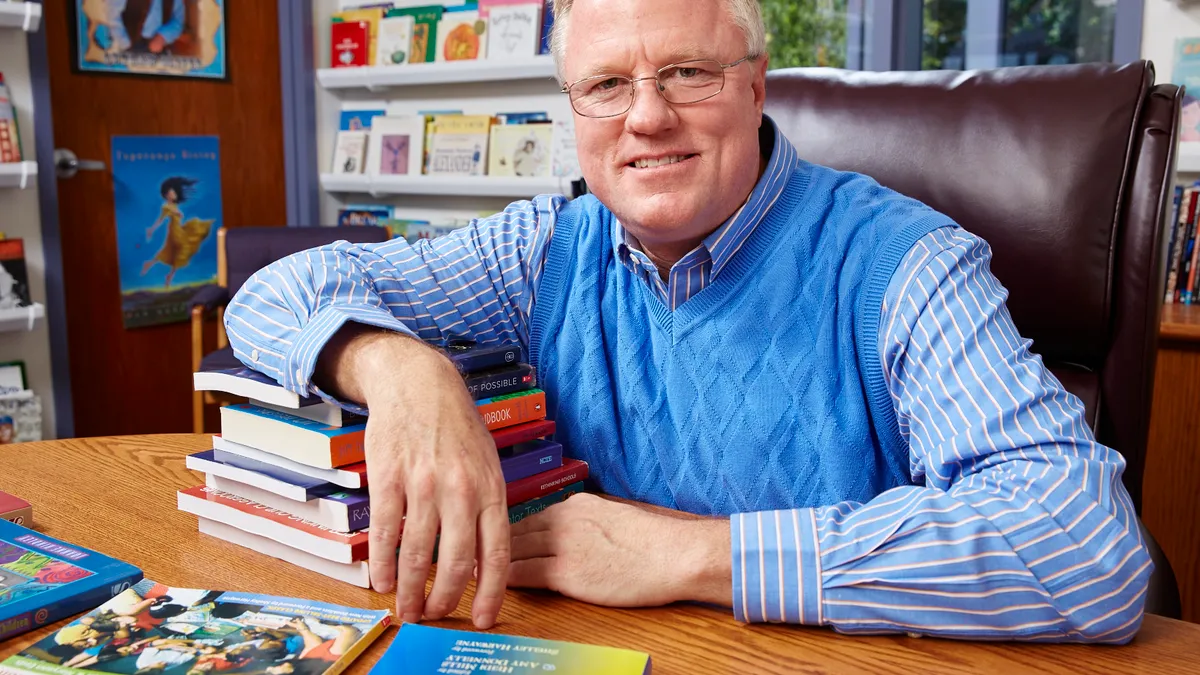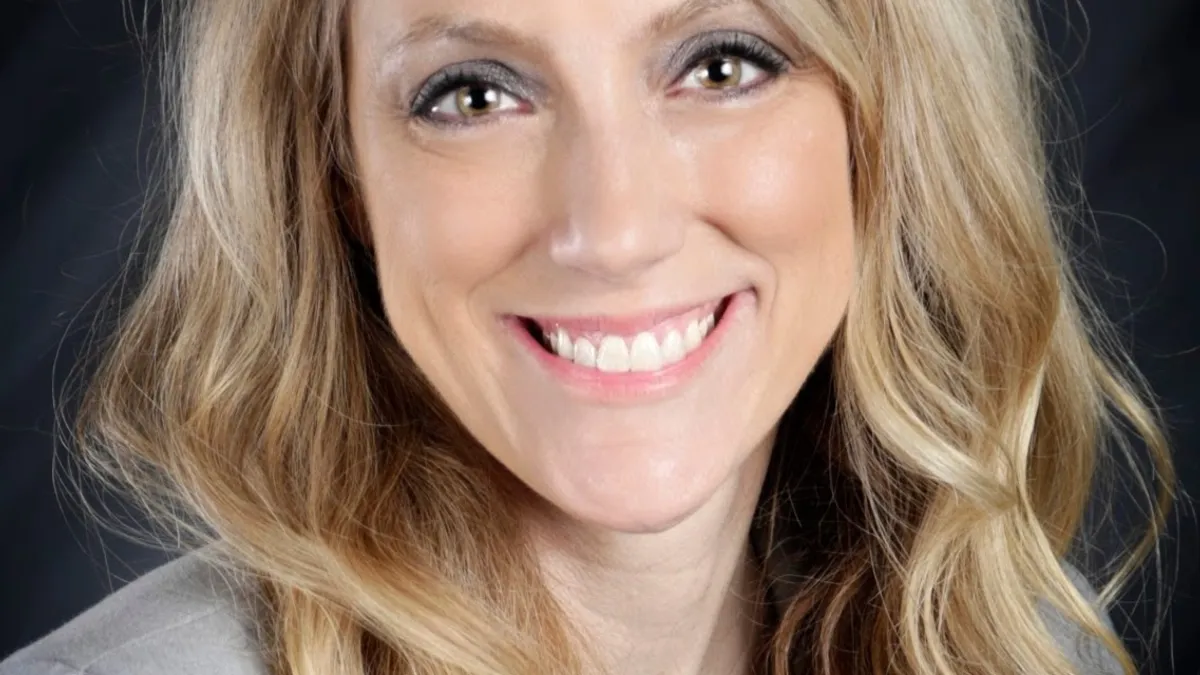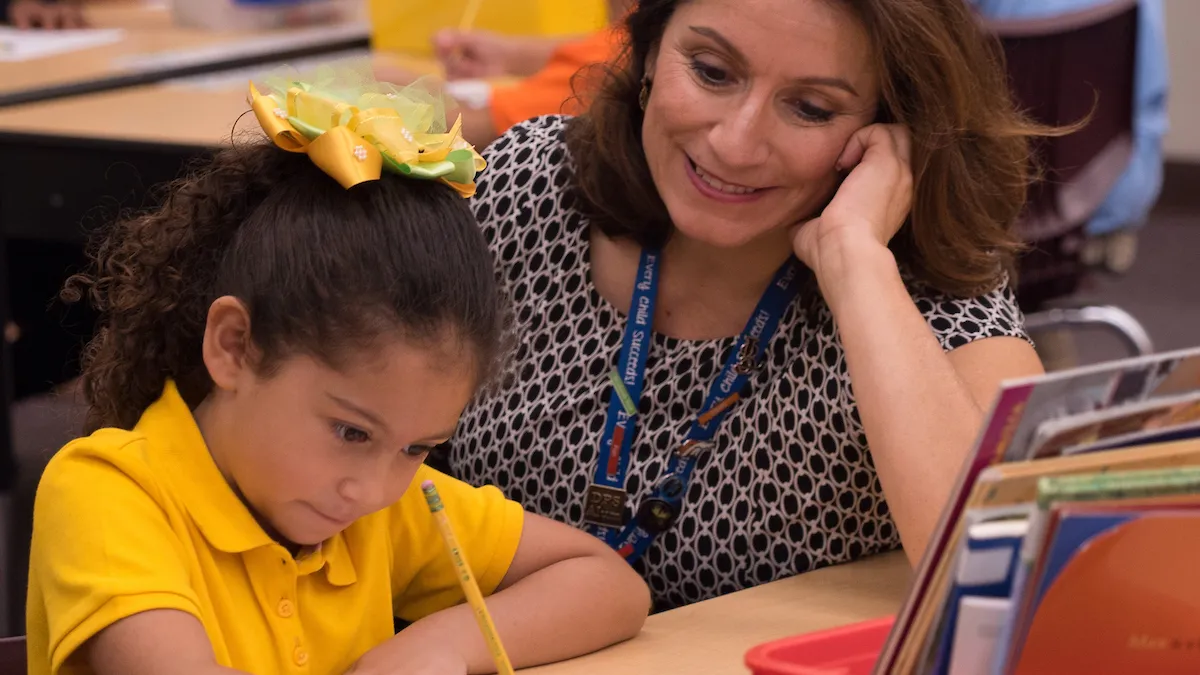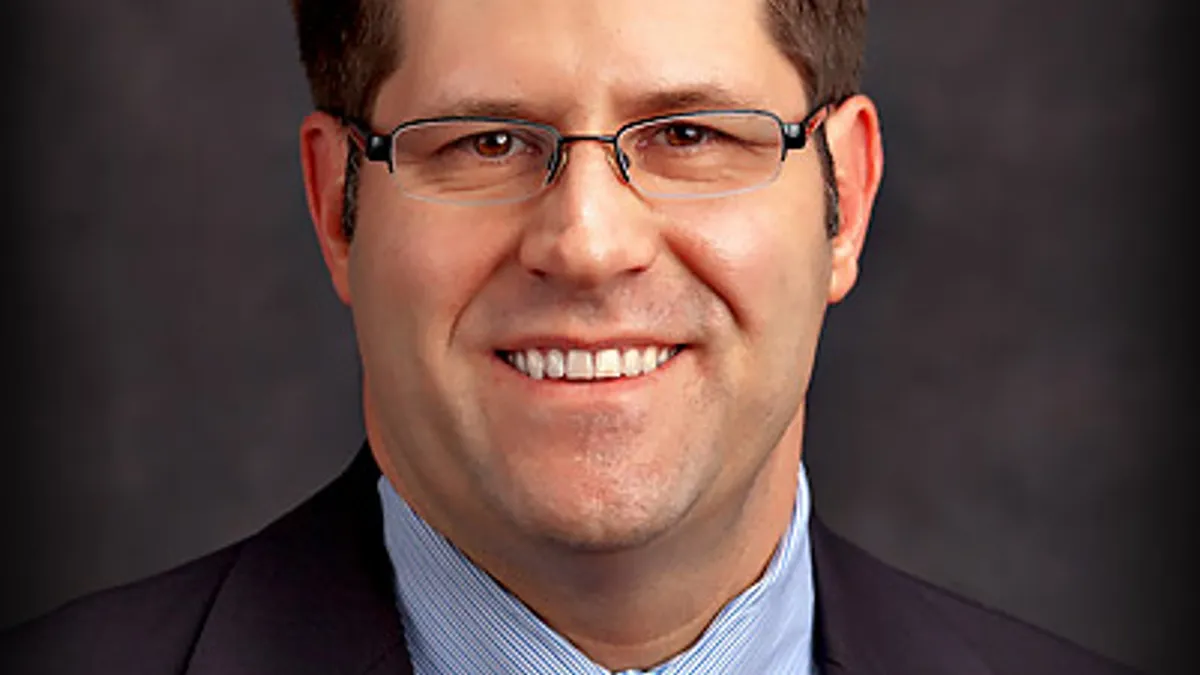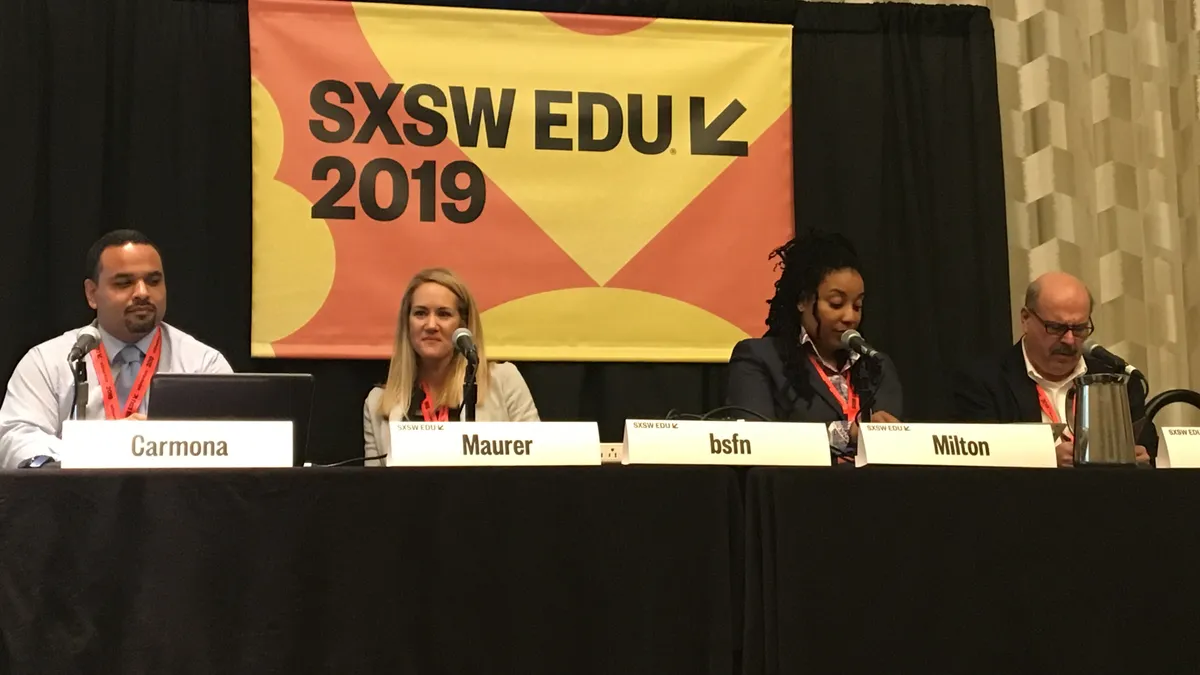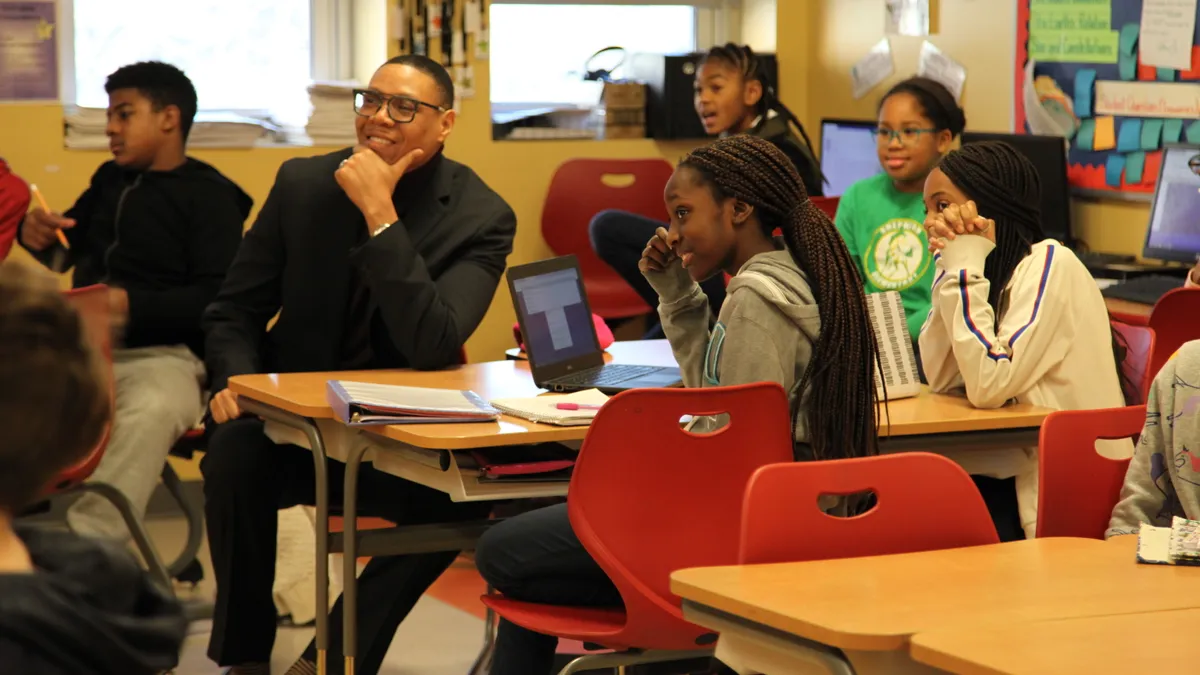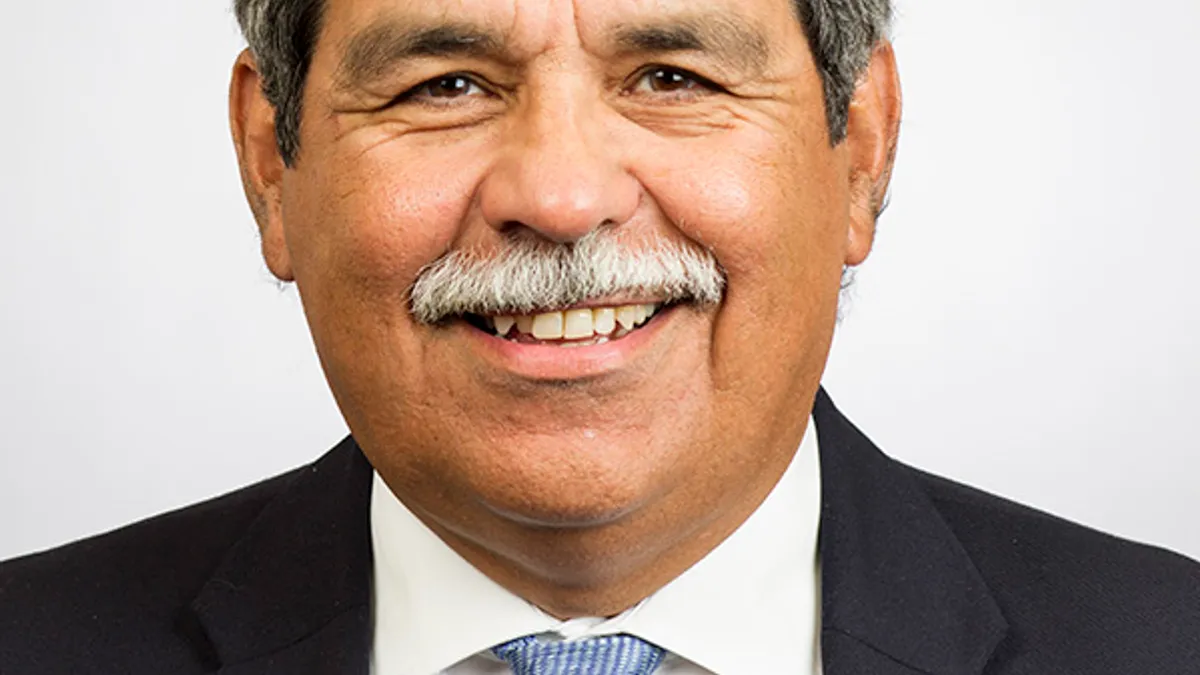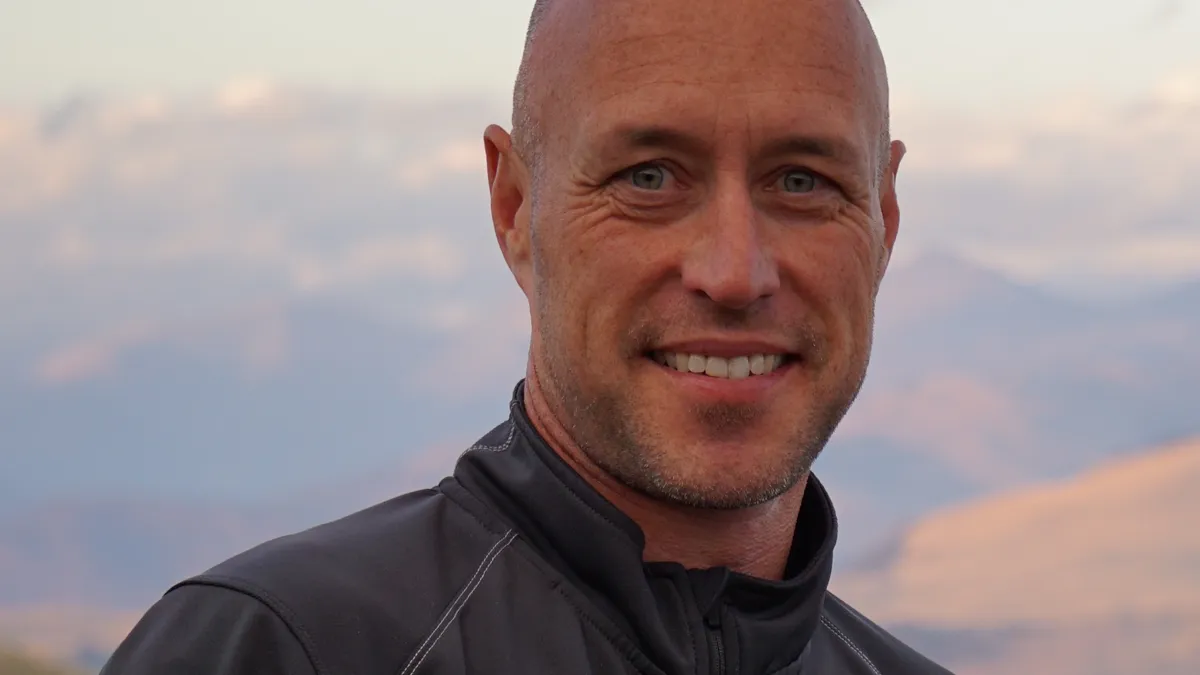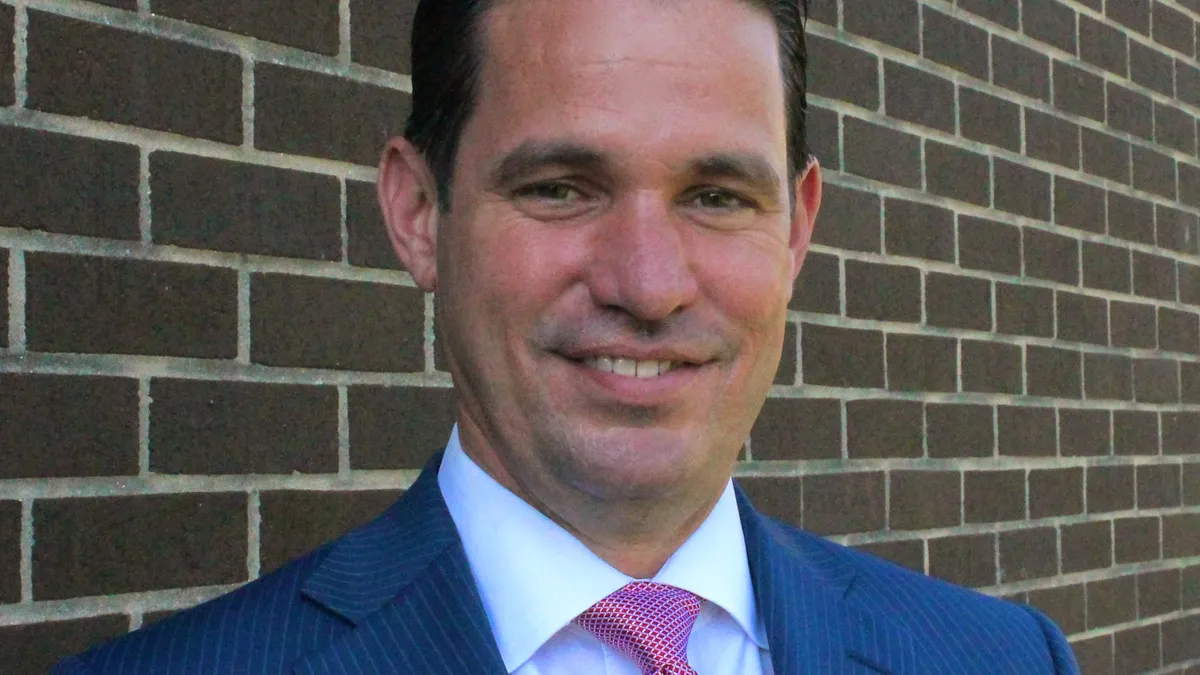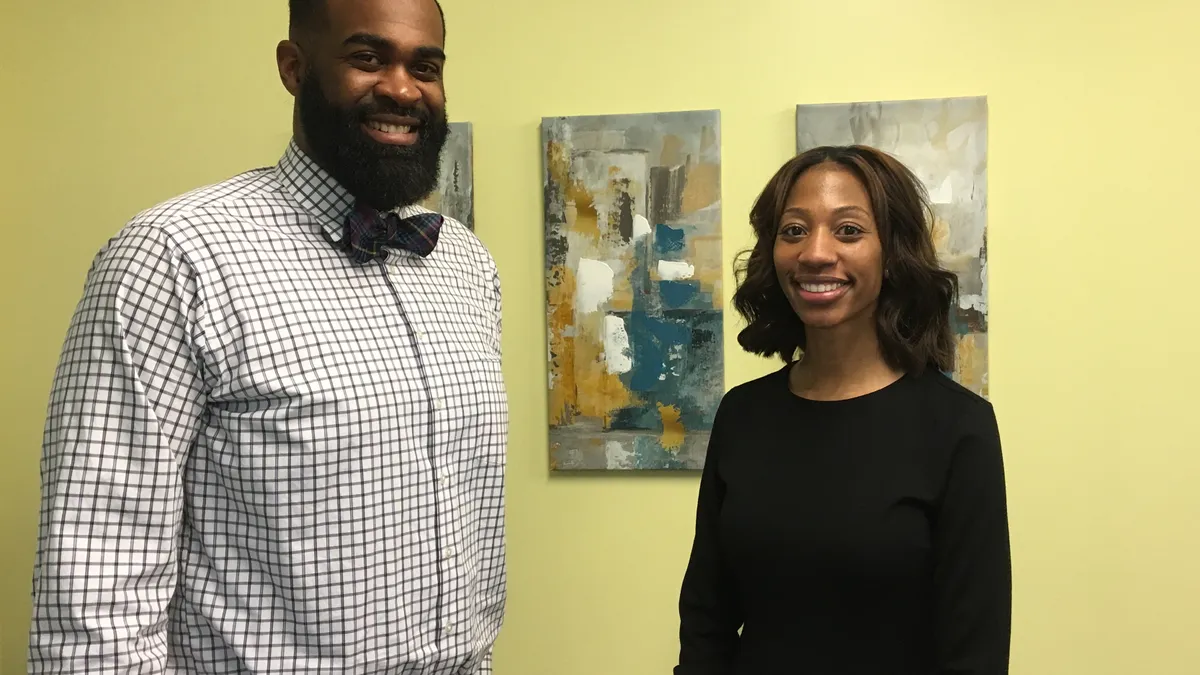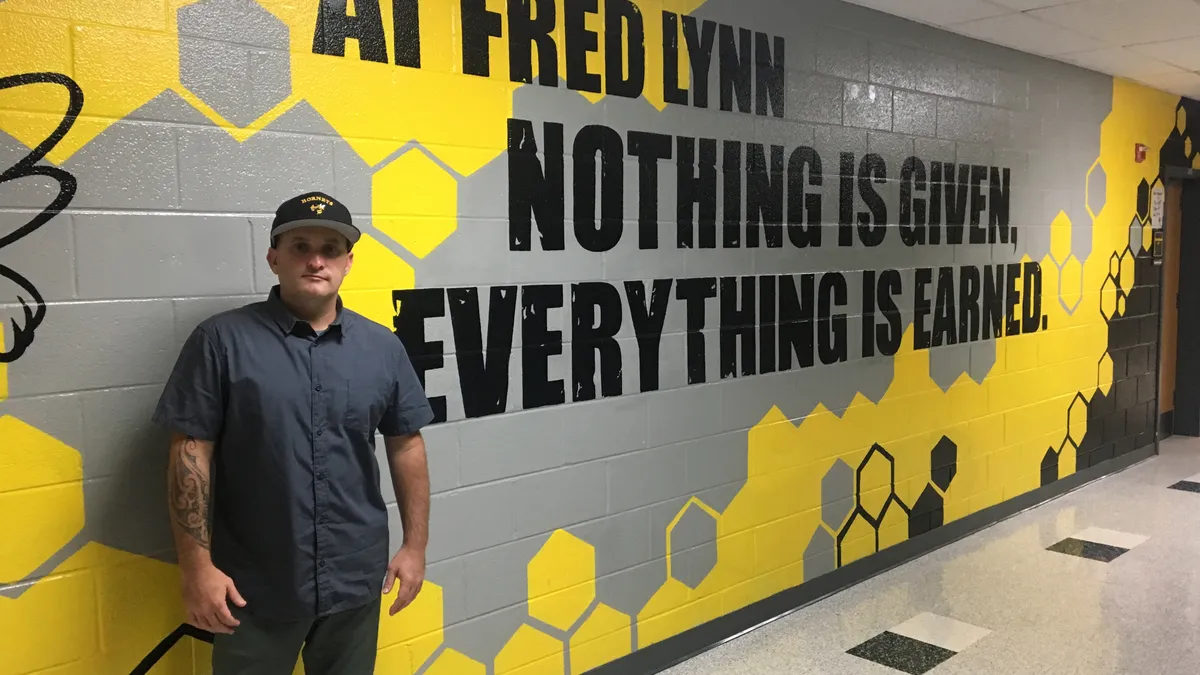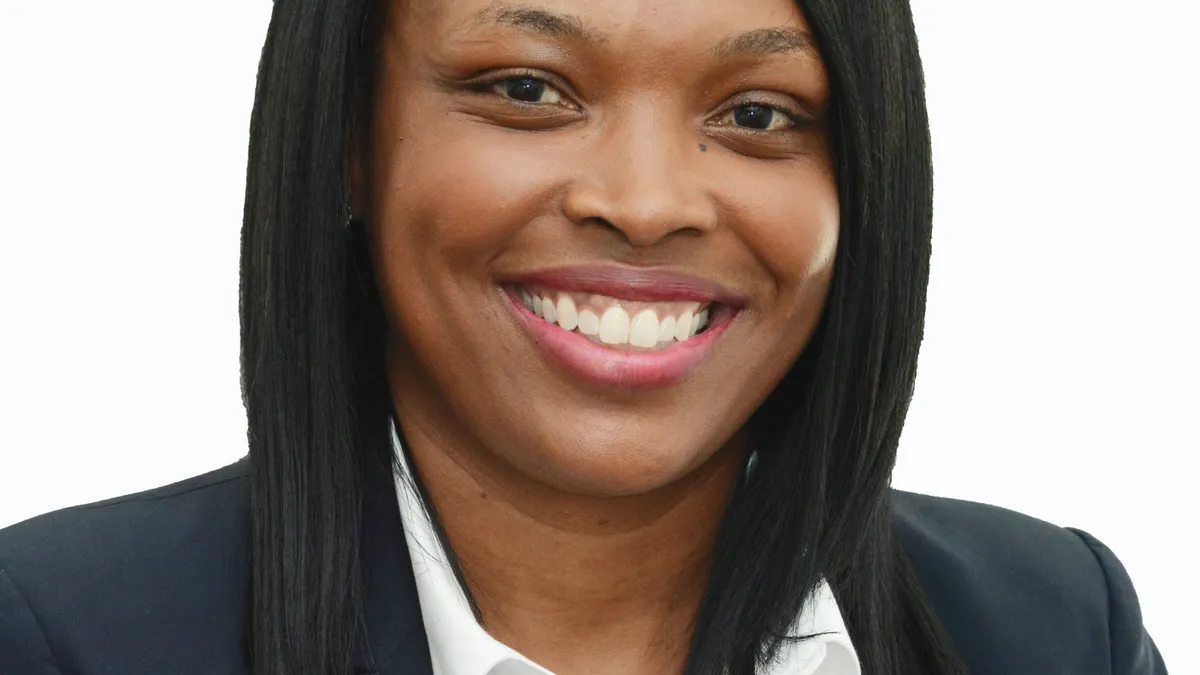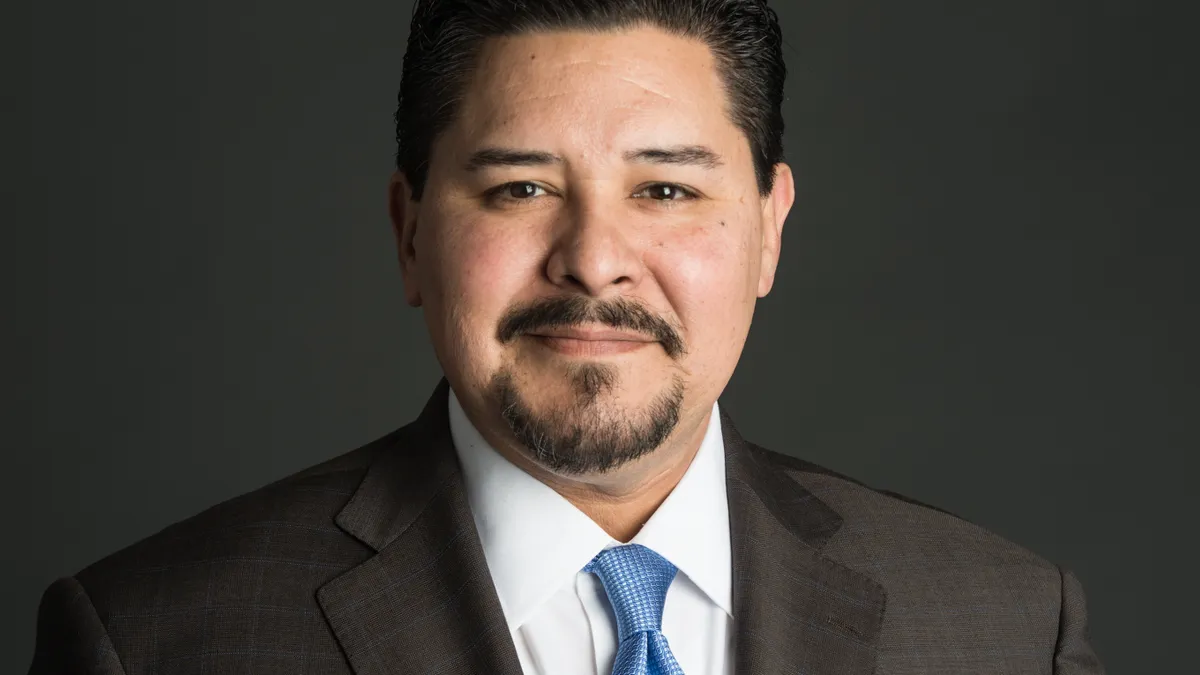Lessons In Leadership is an ongoing series in which K-12 principals and superintendents share their best practices and challenges overcome. For more installments, click here.
Taking on responsibility for the success of a building filled with students and educators is no small feat. Even for experienced educators making the jump to administration, the first day — let alone the first year — as a principal carries a ton of pressure.
To help alleviate some of the stress, we asked a handful of veteran superintendents and principals from a variety of districts nationwide what advice they'd give to first-year principals. Here's what they had to say.
Richard Carranza, chancellor at New York City Department of Education
You can’t do everything, so don’t try. The number one job of the principal isn’t to solve all the problems you face, it is to help focus everyone on the right problems — the ones that if we solved would make a huge difference. You provide the focus, and the team develops the solution.
Too often we try to have all the answers — and that rarely works.
Richard Gordon, principal of Paul Robeson High School in Philadelphia
As a new principal ... there are so many things coming at you all at once. You are trying to adapt to new surroundings, discovering how things are done in your new surroundings, and becoming more familiar with the individuals you will be working with. As daunting as this will feel at times, I believe principals can overcome and embrace this challenging transition if they are willing to commit to some important areas of focus:
- Kids come first. The challenging part is ensuring everyone thinks of kids first and foremost. You will learn that everyone calling themselves an "educator" is not focused on what's best for kids. As administrators, it is imperative that we are always representing and making decisions that are in the best interest of children and families. We must model that in our words, actions and deeds. Lead by example.
- Think of impact on school/team. Because it is always important for principals to consider each action and decision from the perspective of teachers and how morale and classrooms may be impacted, unintended consequences are real. We were all once teachers, and I have always believed we should never forget to include that perspective in the decision-making process. The health and well-being of the overall operations will benefit most if this is centrally considered moving forward. After that, let the chips fall "where they may."
- Make time for self-care. Drink plenty of fluids/water and take time out for lunch. It sounds simple, but I fail at this miserably most days. We must do all we can to also take care of ourselves, so take your time. You are only human. Accept that you can't do it all in year one.
- Listen more than you talk. Change happens incrementally over time. It is never immediate. There is so much information needed to be gathered — beyond test scores and attendance rates — that tells the true story of what is happening in the building. Listen to everyone in the building and cultivate the relationships so you can get an accurate sense of where the school community has succeeded and where it has struggled.
- Strategize. Take a very strategic and methodical approach in identifying areas of improvement, setting long- and short-term goals with your team, and developing and modeling the culture you expect. Eventually, this will lead you to building a strong school culture, the one thing I believe all administrators desire to establish. And a strong school culture is built on cultivated relationships and on the love of school we nurture in our children.
Michael Hinojosa, superintendent of Dallas Independent School District
As you are taking over a campus, it is important to have a consensus-building entry plan to determine the priorities to tackle. I would meet individually with as many people as possible (at least 50) within the first 60 days, including the central office, campus staff and community members and ask the following five questions:
- What is the most important expectation you have of me as principal?
- If you were in my shoes, what would you do first?
- What three things need to be done to make this the best campus (depending on context) in the network, the district, the city, the nation?
- Who are the most respected members on staff?
- Who are the external stakeholders who are critical to our future success?
I would write down the responses and look for emerging themes and people. During the selection process for the principal of the school, the quantitative data is readily available. The process will allow for a systematic way to collect qualitative data at the beginning of the journey.
Beth Houf, principal of Fulton Middle School in Fulton, Missouri
I think the biggest piece of advice I would give folks is to realize that it's about relationships. Take time to walk around and hear the stories of the people that you're serving. Ask them how they're doing. Ask them how you can help. You don't ever get a chance to redo that. That means you've got to — those first few years, especially — get there a little bit earlier than everybody. You've probably got to stay a little bit later than everybody, but get around it and make sure that you're in.
It's really hard to change that first impression people get of you, and if you're stuck in your office doing paperwork or schedules or whatever, which all need to be done, you've got to figure out how can you take care of the people first. Make sure you're really showing them your human side.
[Also think of] what are you doing for yourself, because you will hit burnout so quickly if all you do is take care of other people and don't take care of you. I keep watching our profession dwindle because of health issues, because of stress issues. But take care of yourself. Self-care isn't selfish. I think sometimes we think it is.
Make sure also to really focus on your priorities outside of school. I have two kids, and sometimes those first couple of years, I definitely did not give them what they deserved. Make sure that you set some limits on yourself, on how much you are spending at school. It all kind of goes back to the relationship piece — the relationships with those you serve and the relationship with your family and yourself — making sure that you're fueling all of those.
Janice Jackson, CEO of Chicago Public Schools
Listen and engage with all members of your school community, including students, teachers, staff, parents and community members. It can seem intimidating when you have a larger school, but it is critical that every person in your building understands you and your leadership style, and it's equally important that you understand the needs of all stakeholder groups.
Schools have no shortage of challenges, but when people feel heard and know that their school leader values their voice and opinion, you can work together with your school community to develop authentic solutions.



